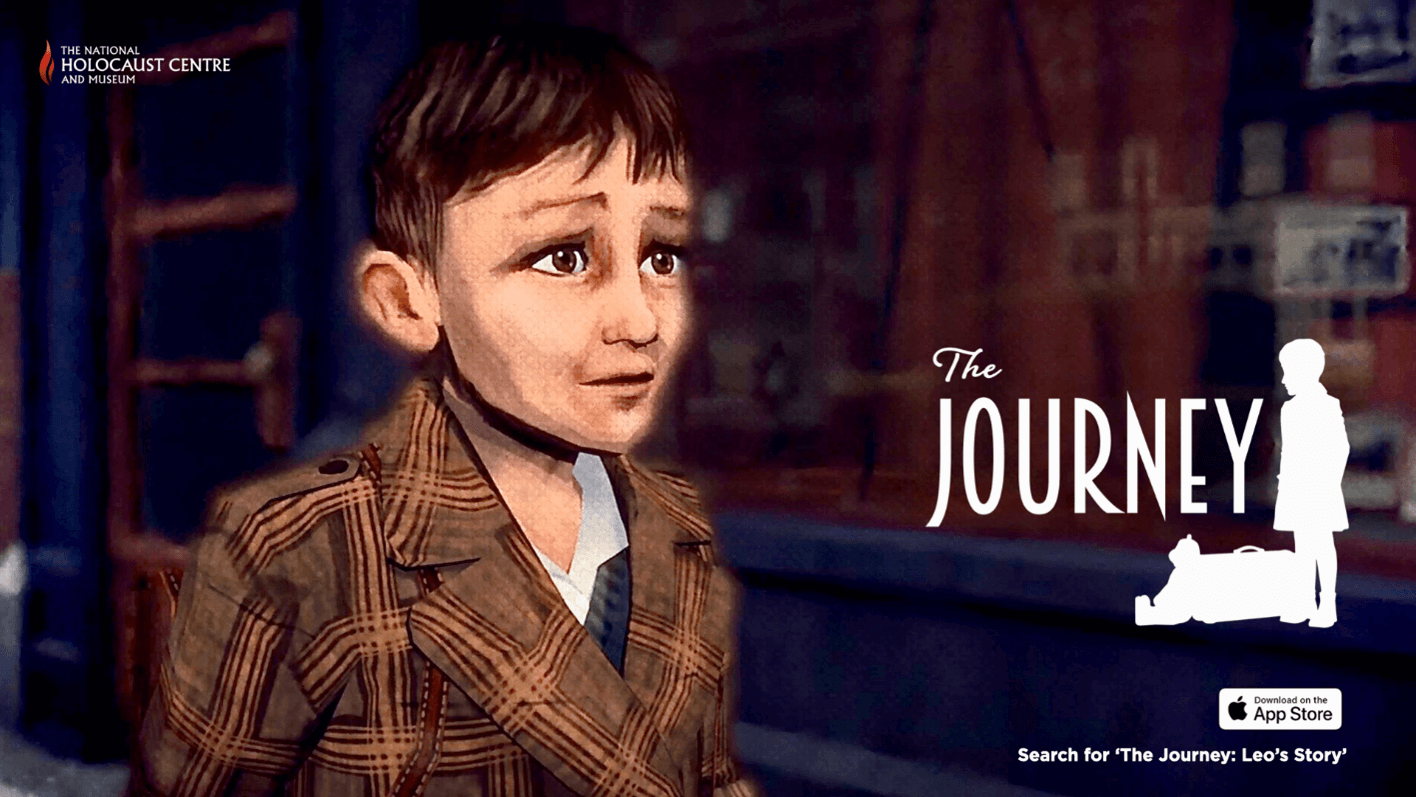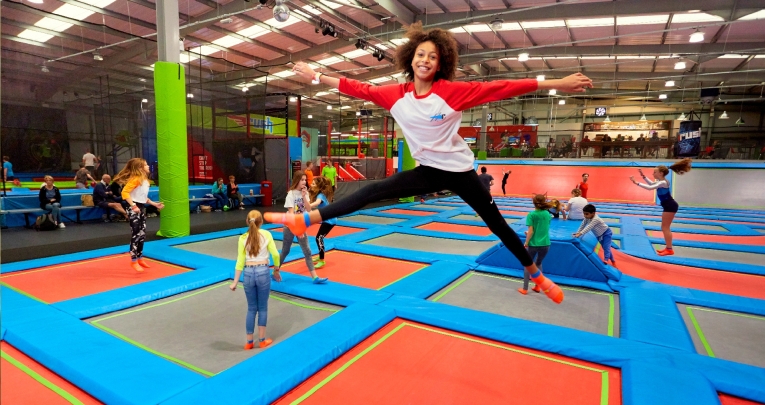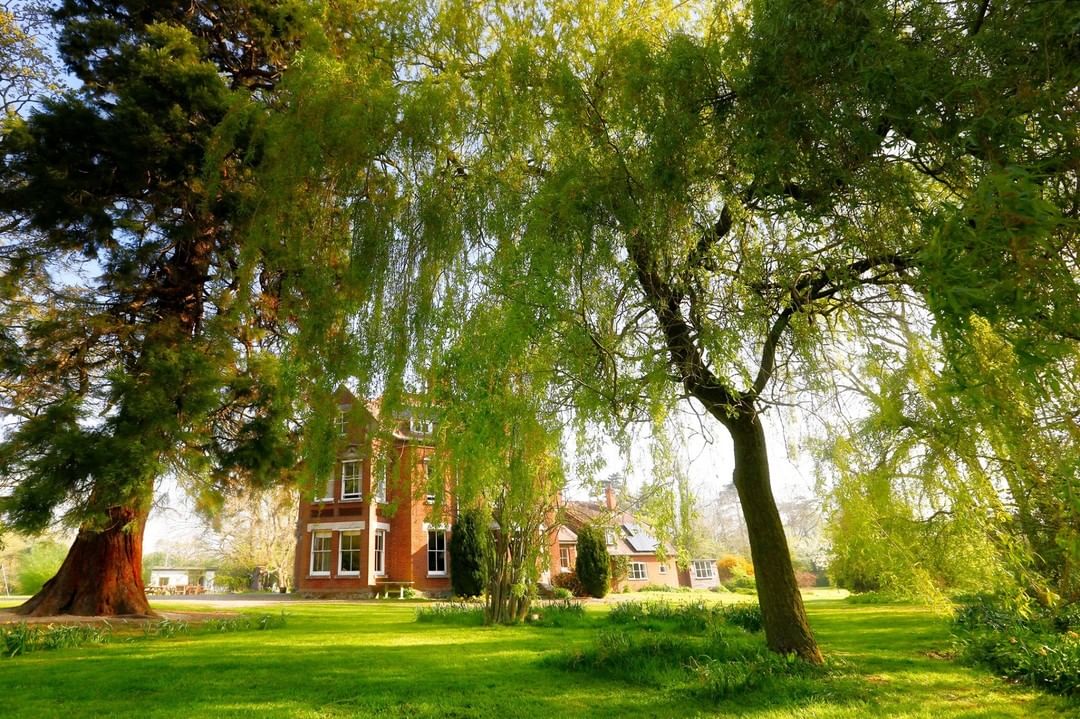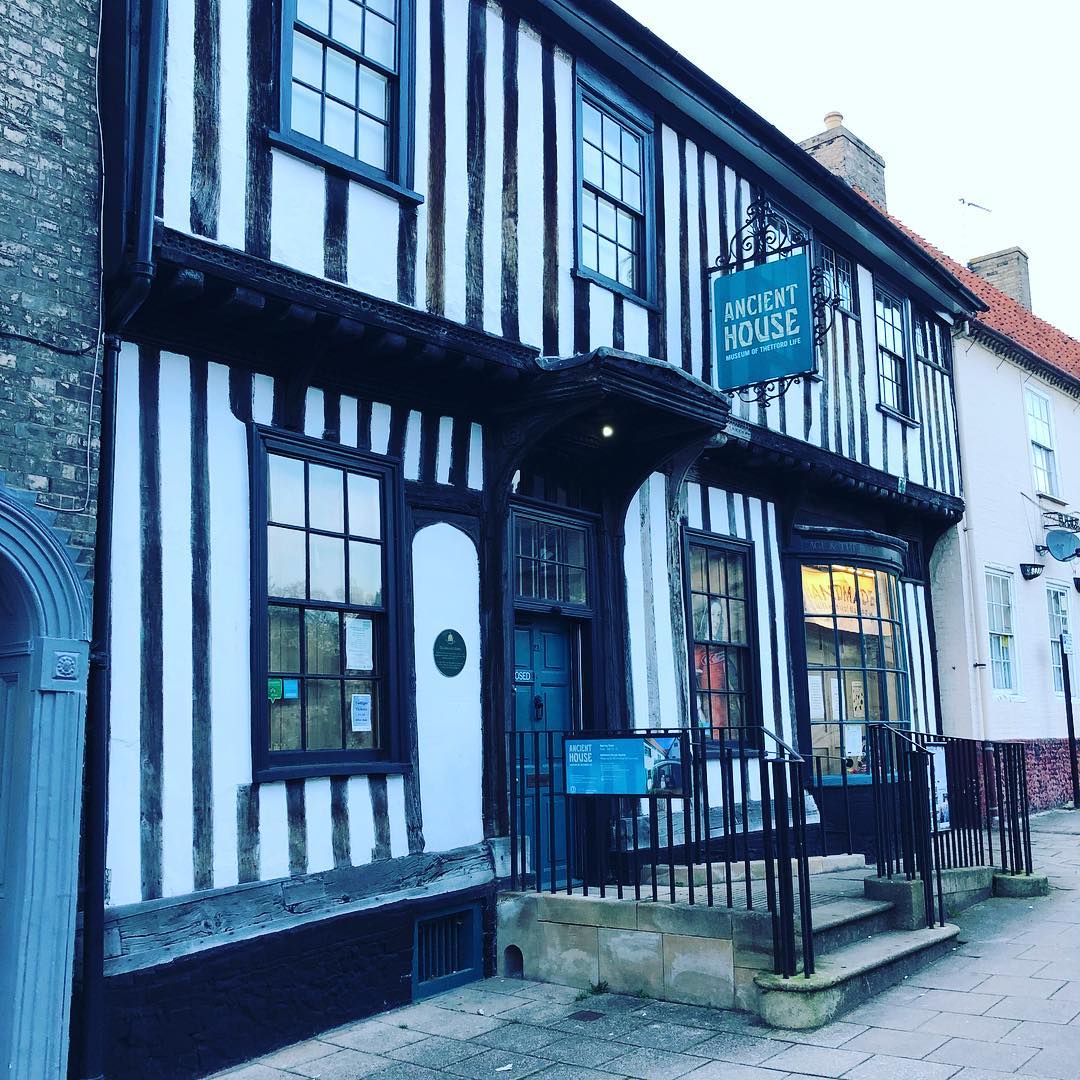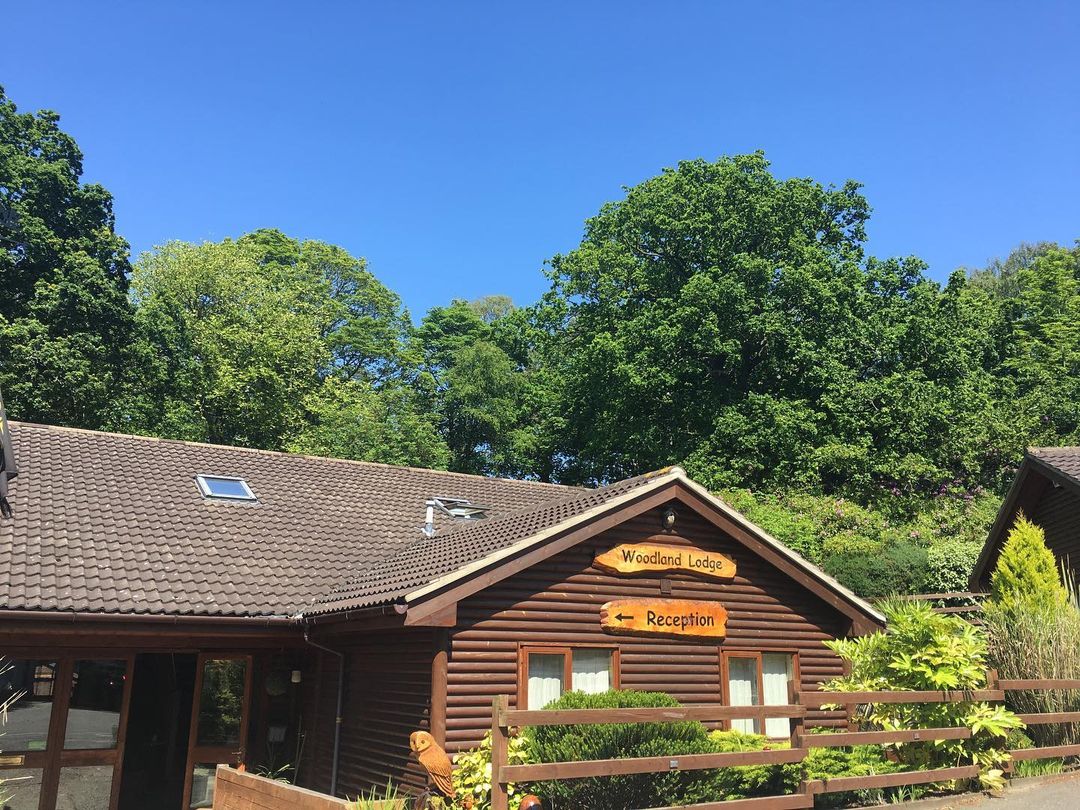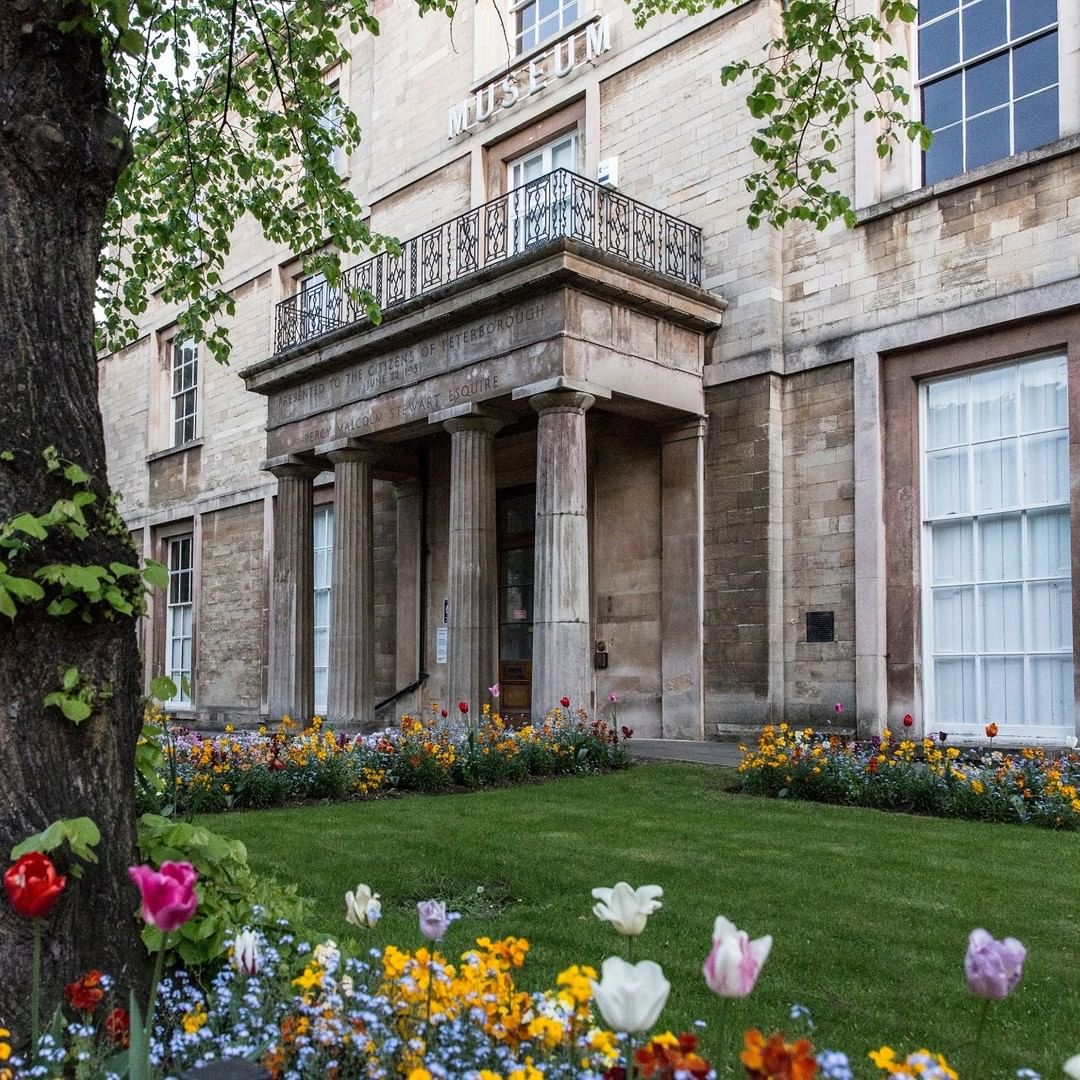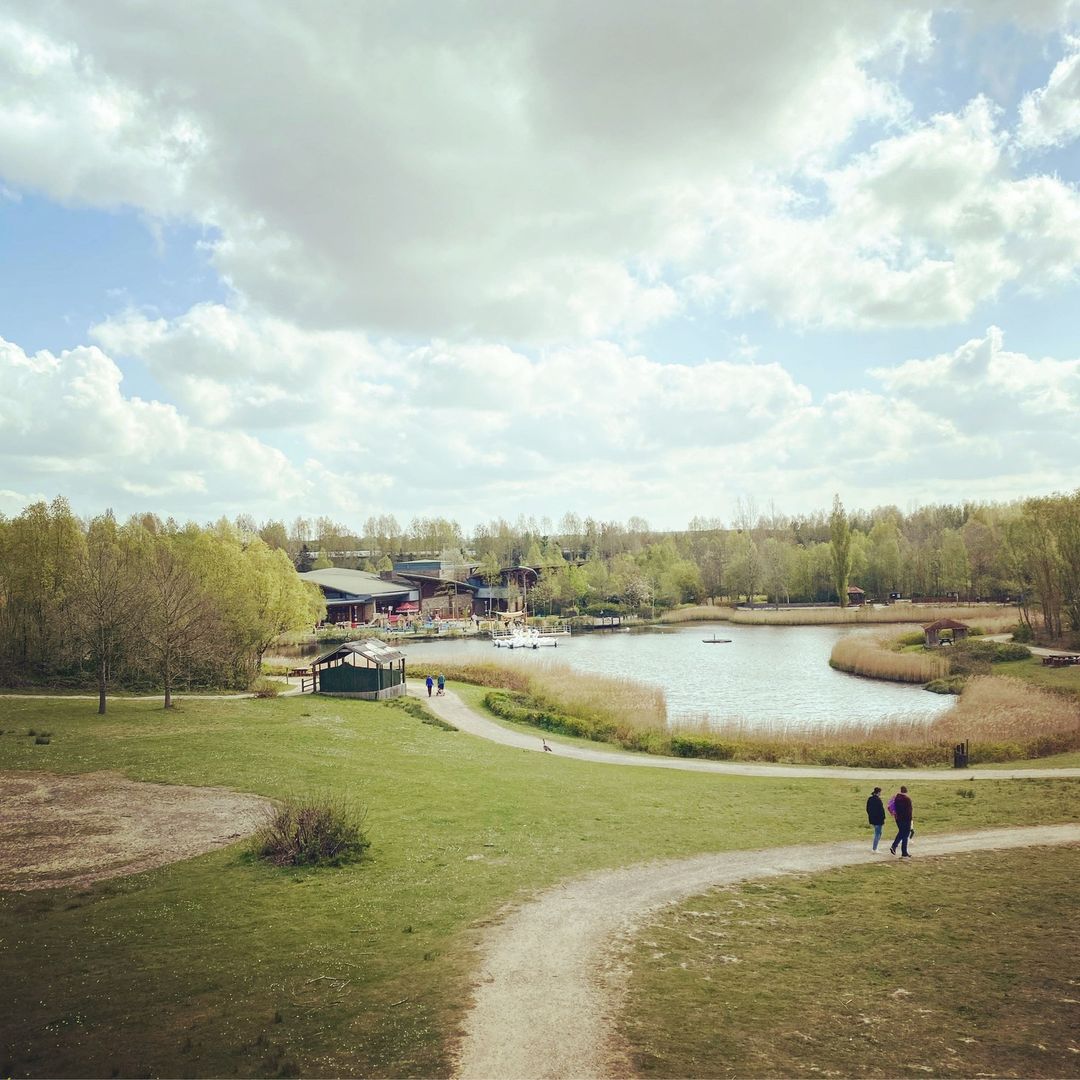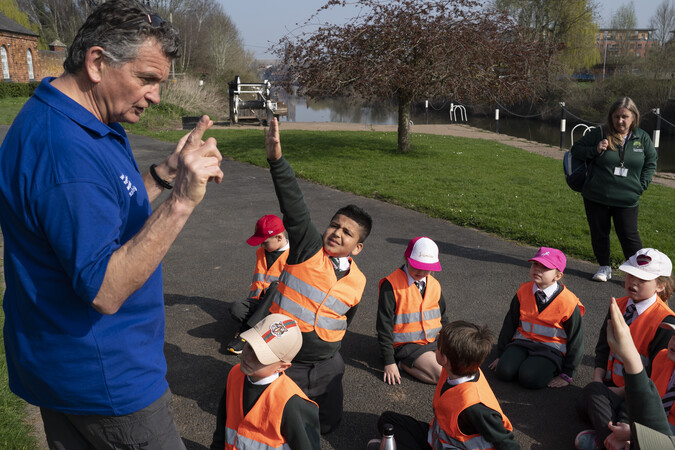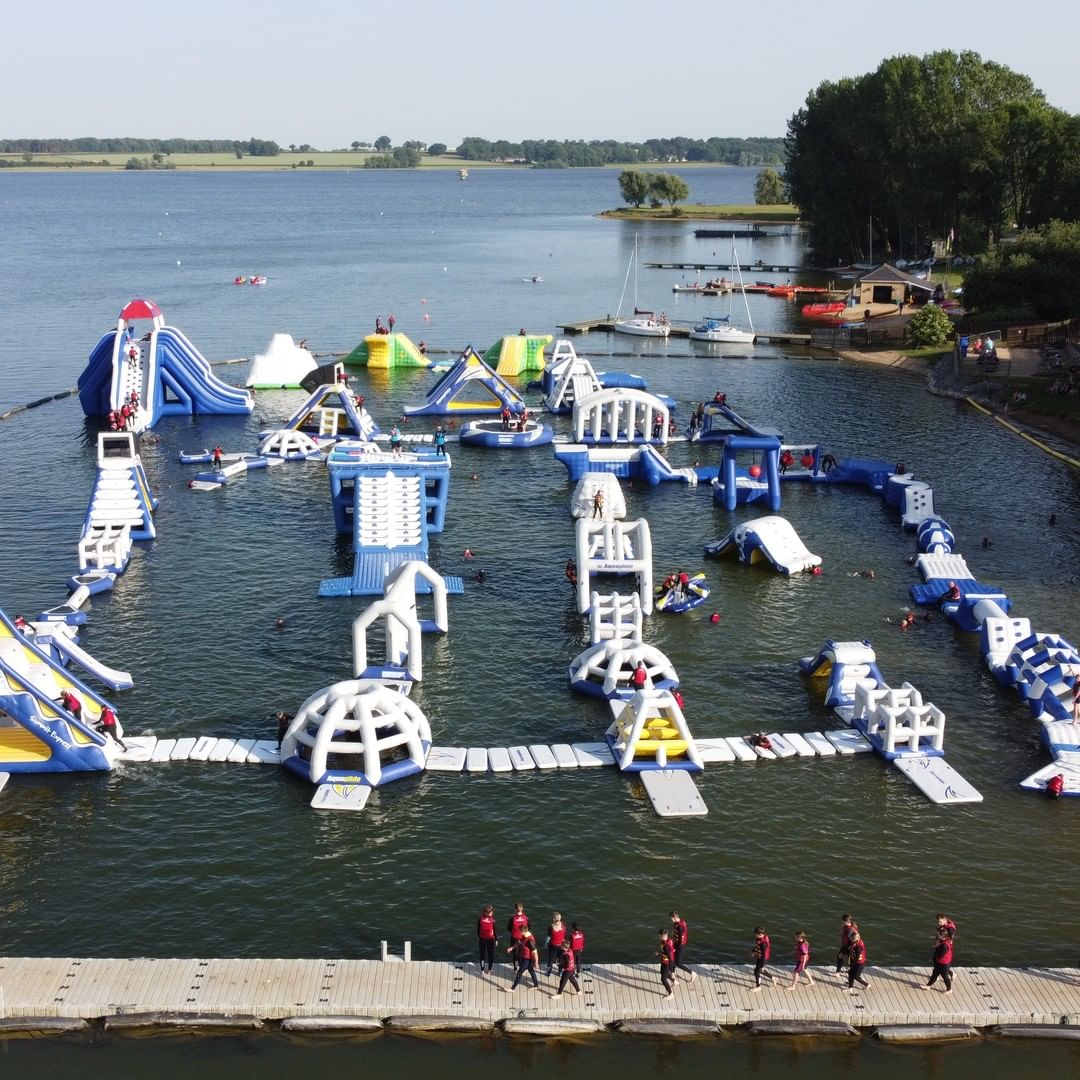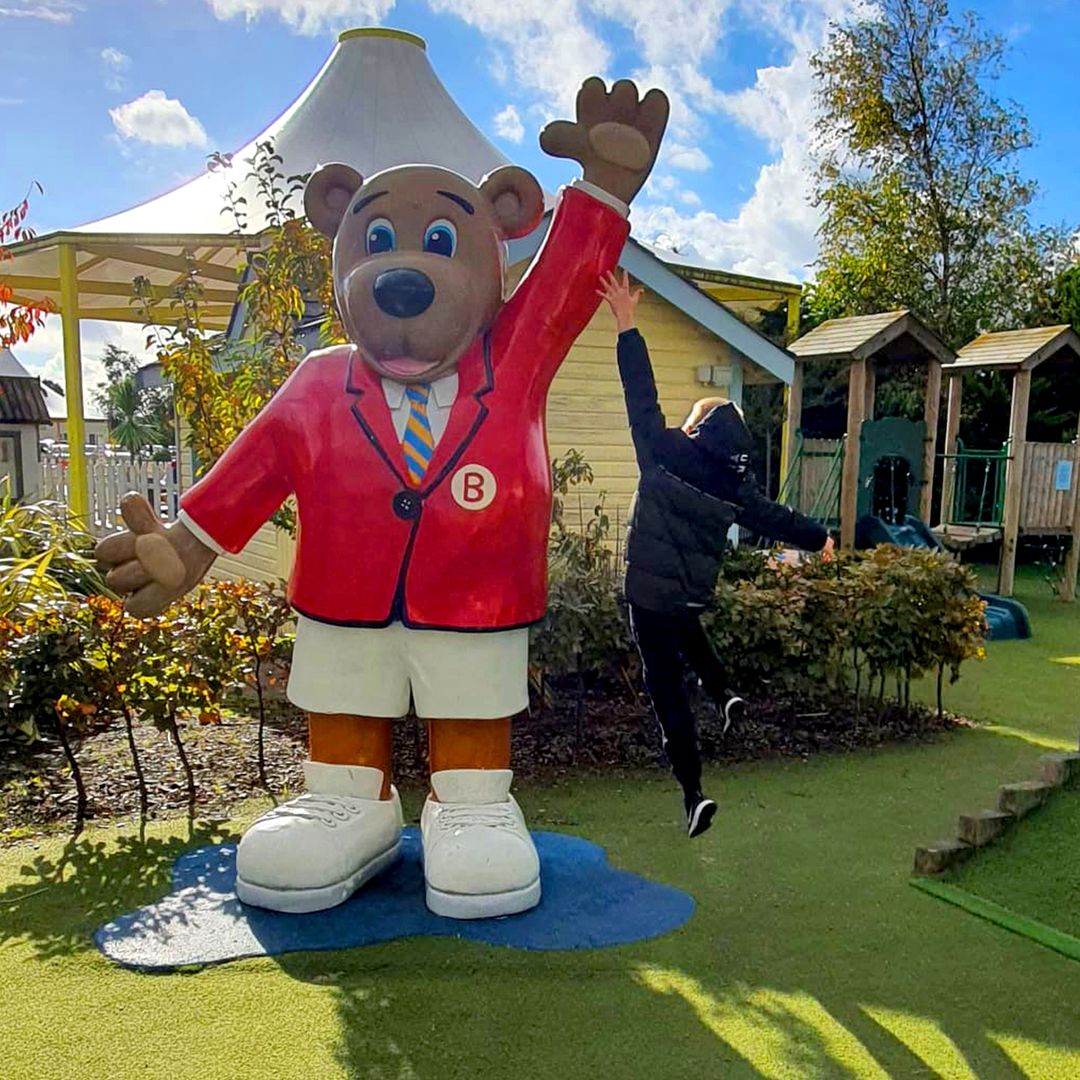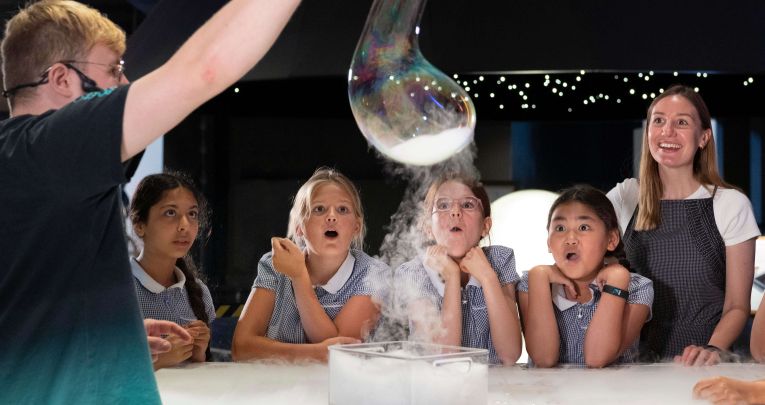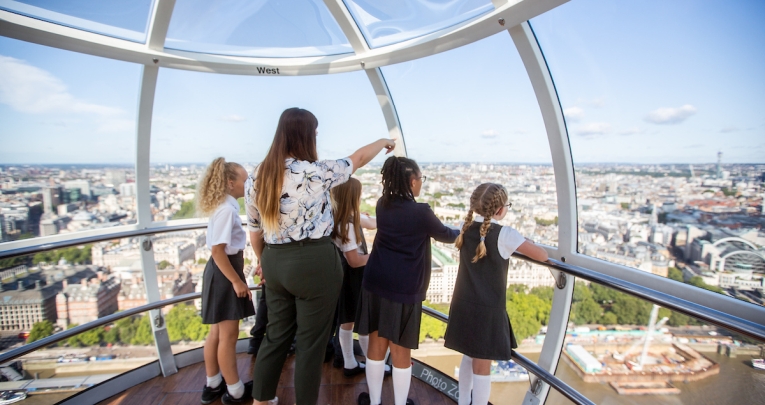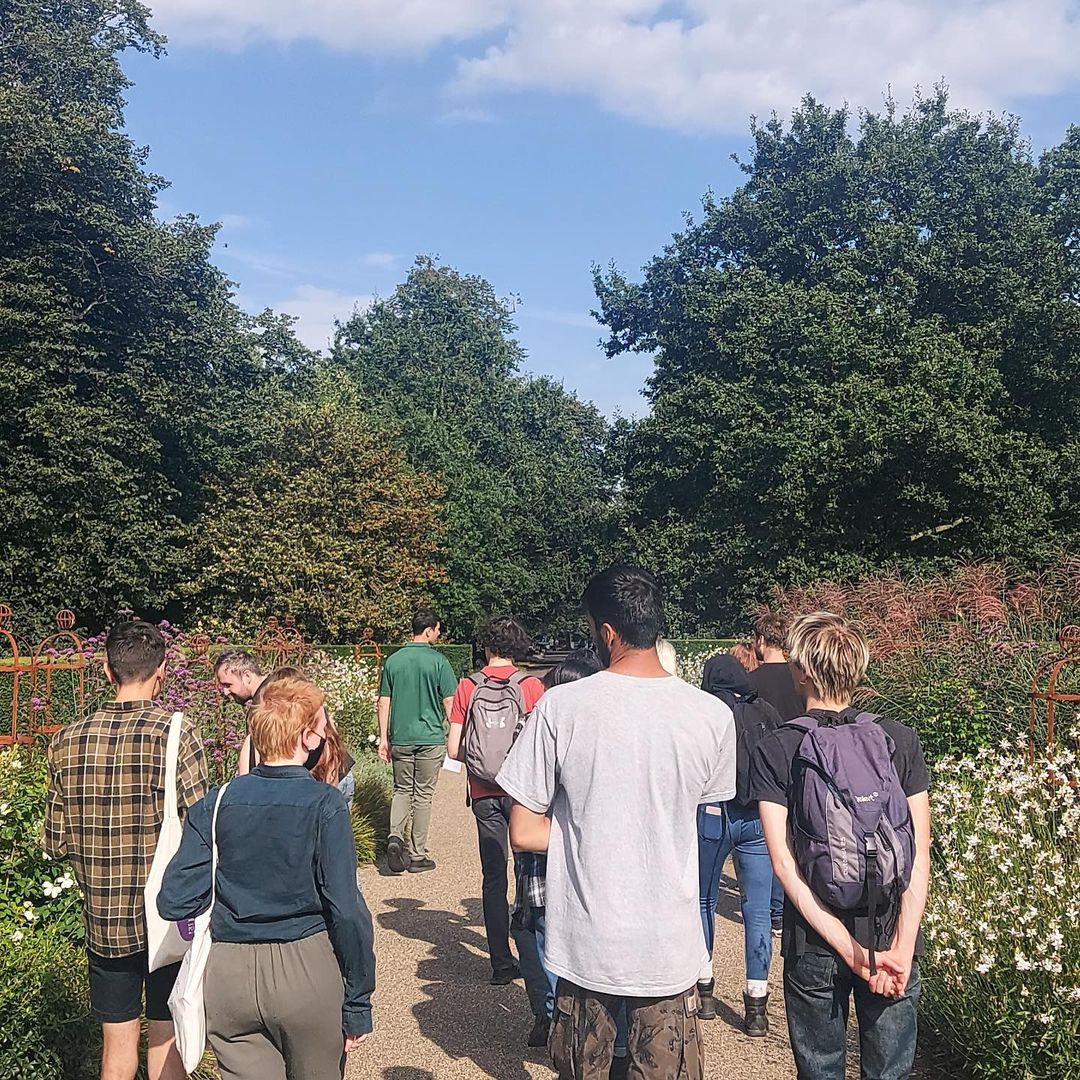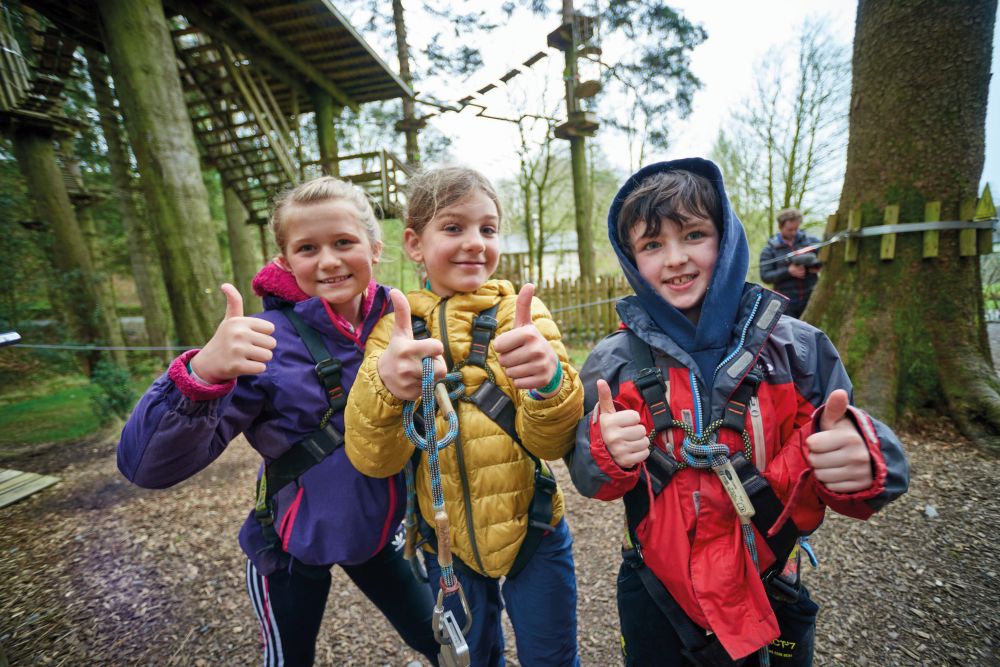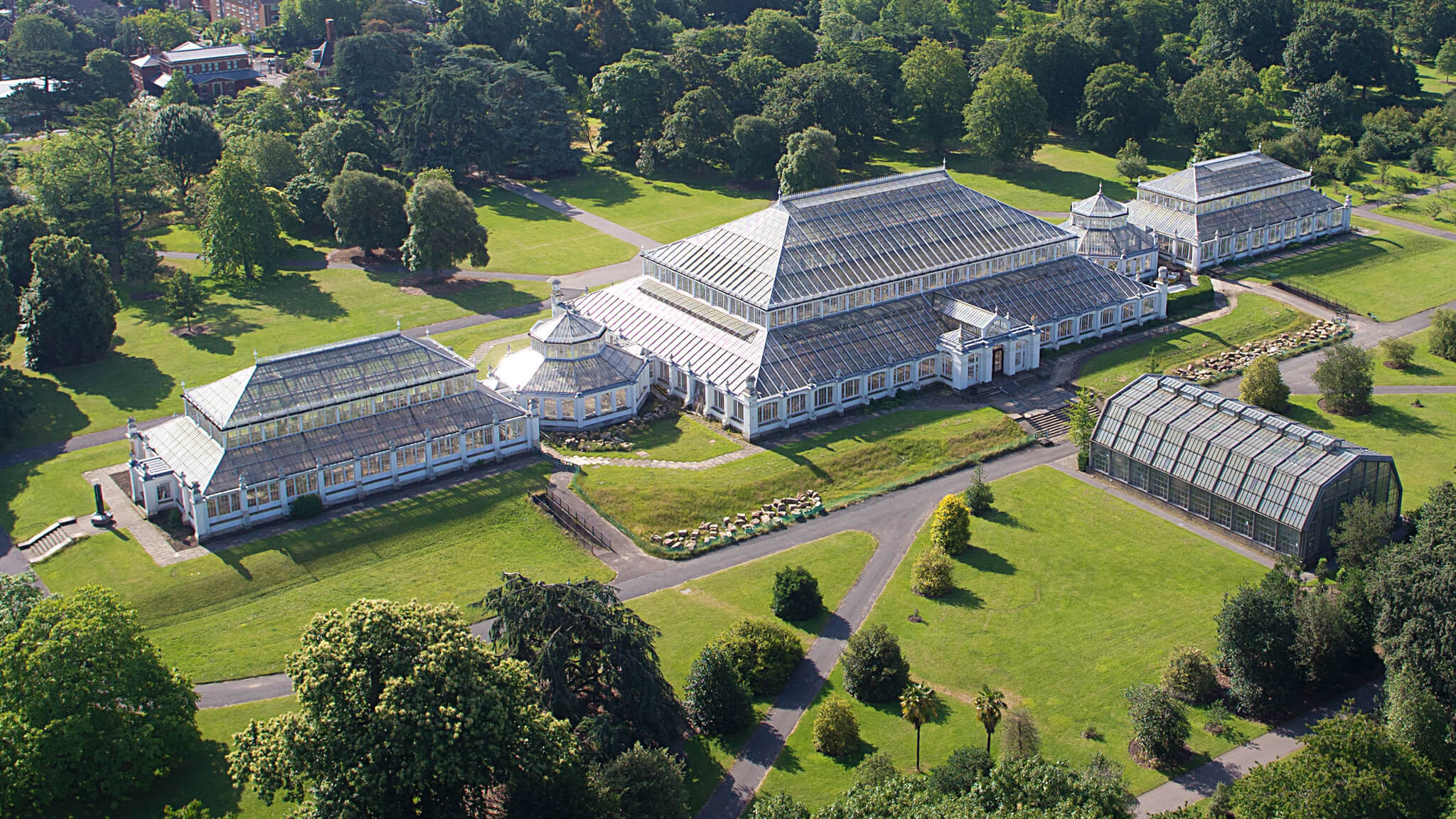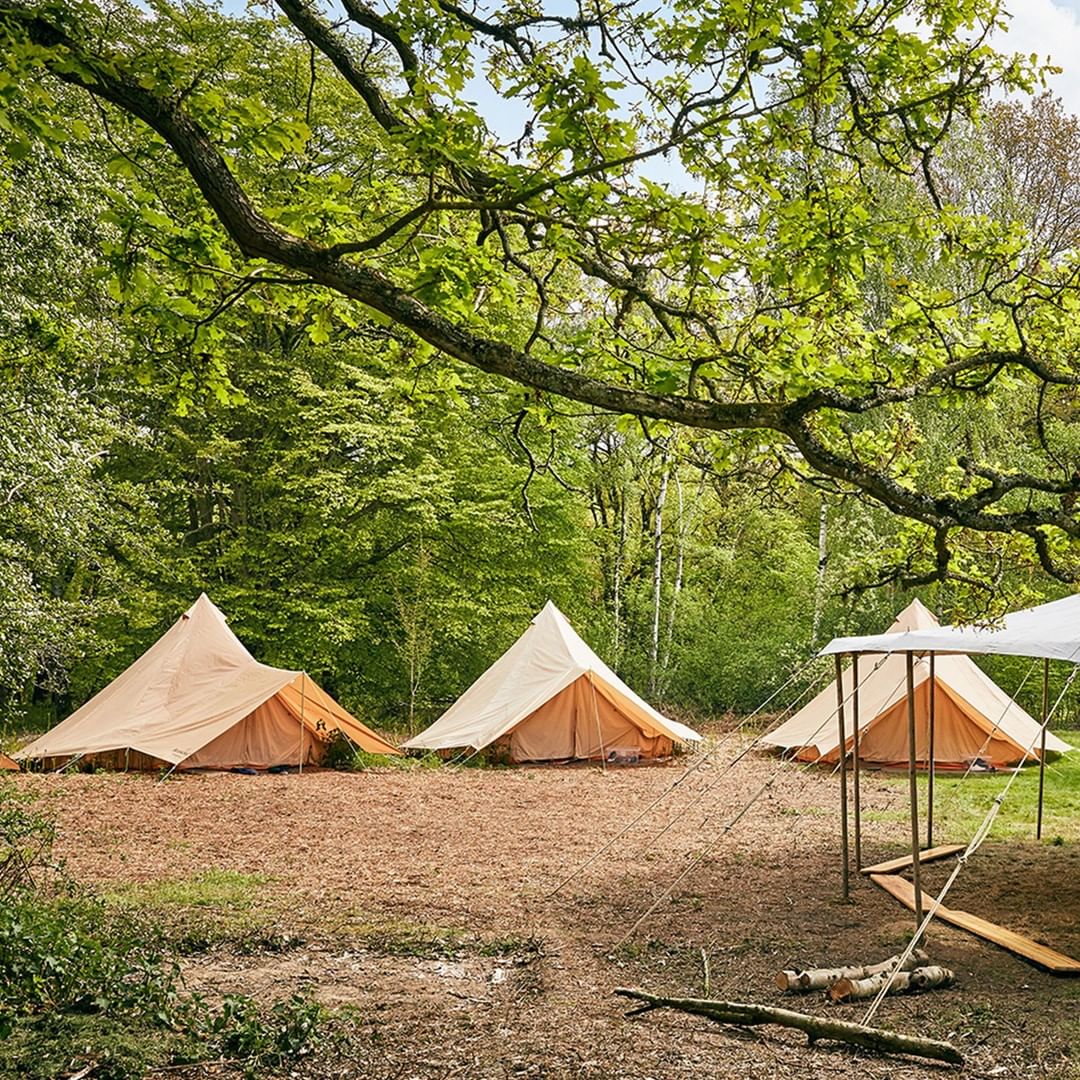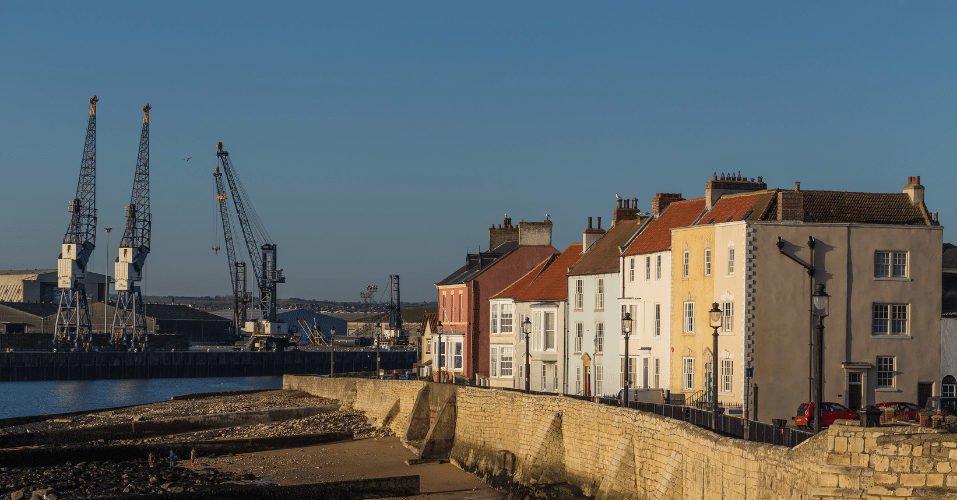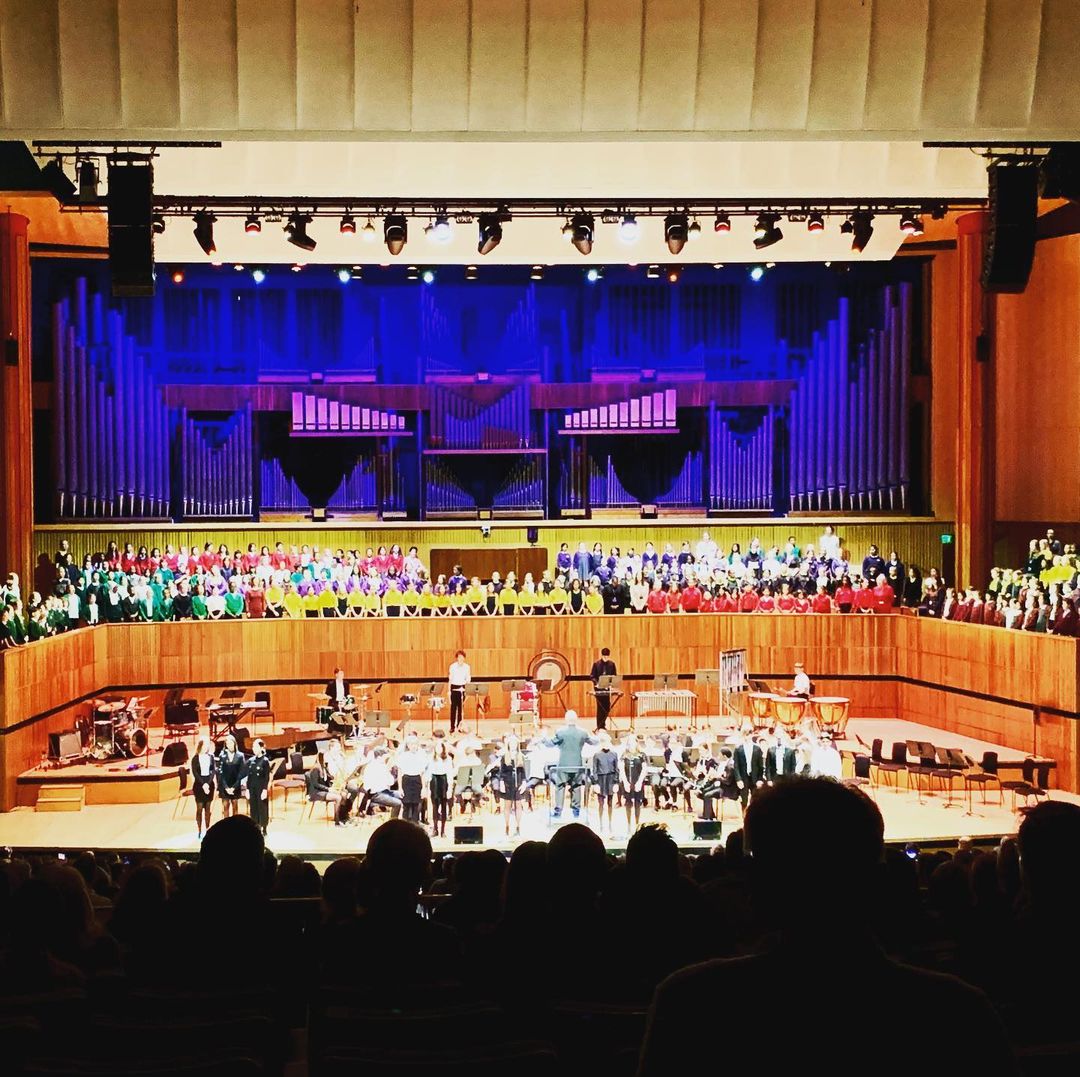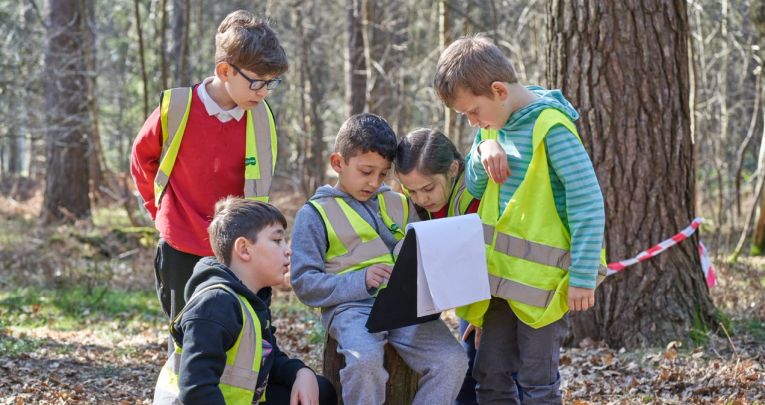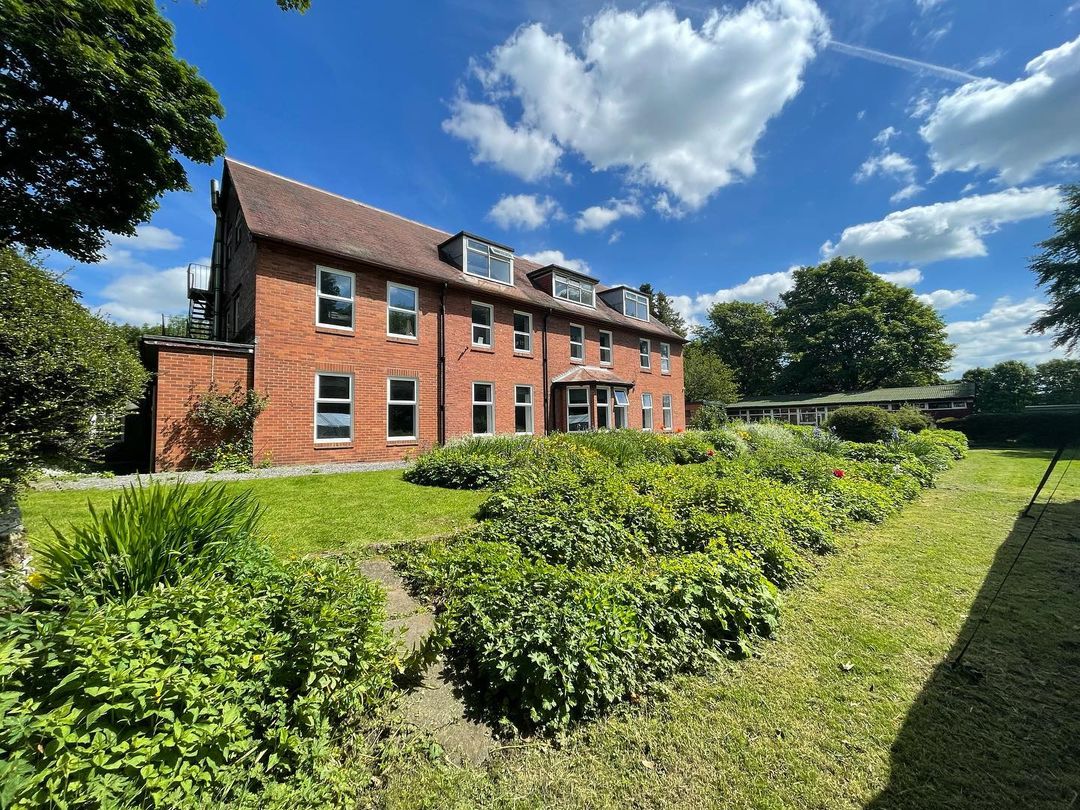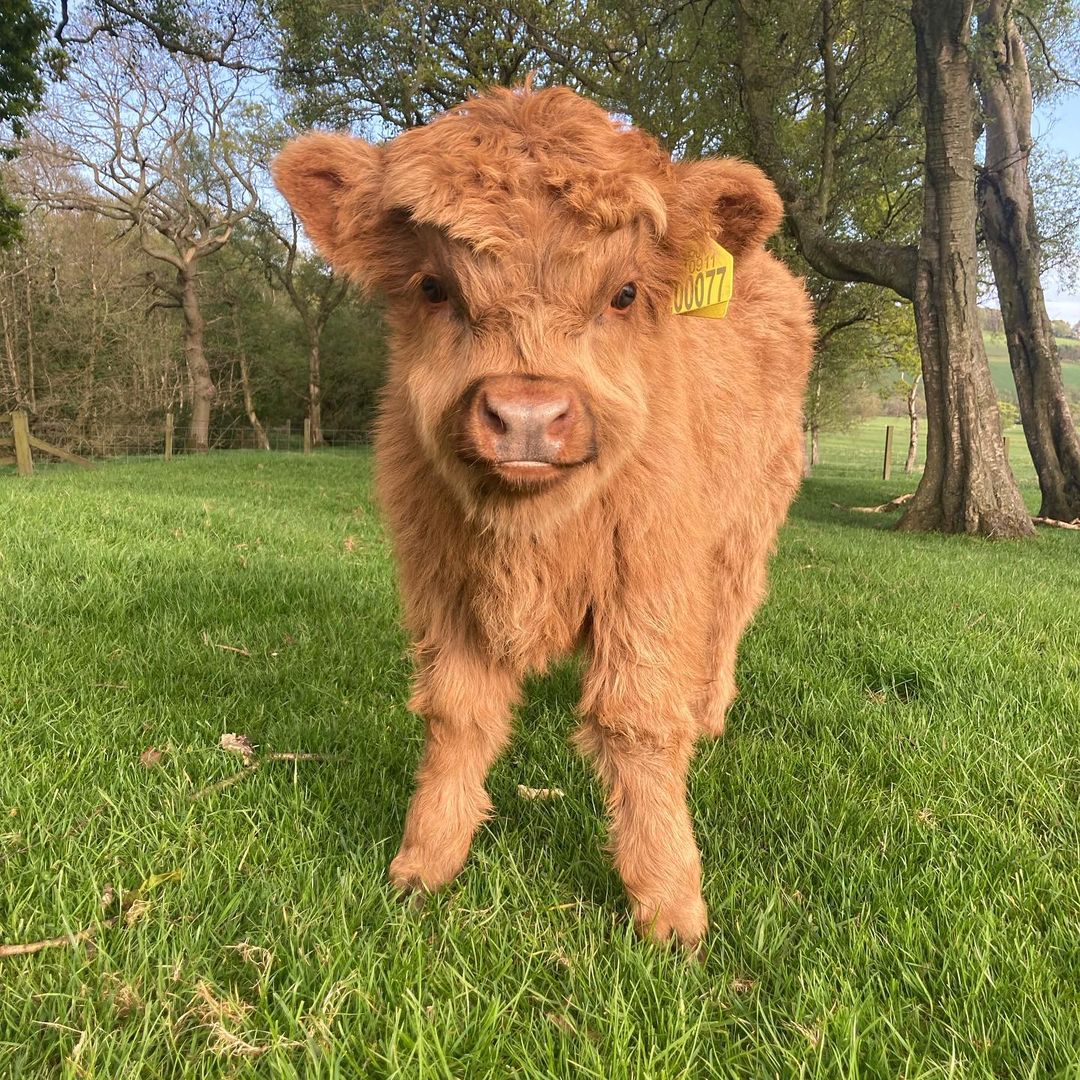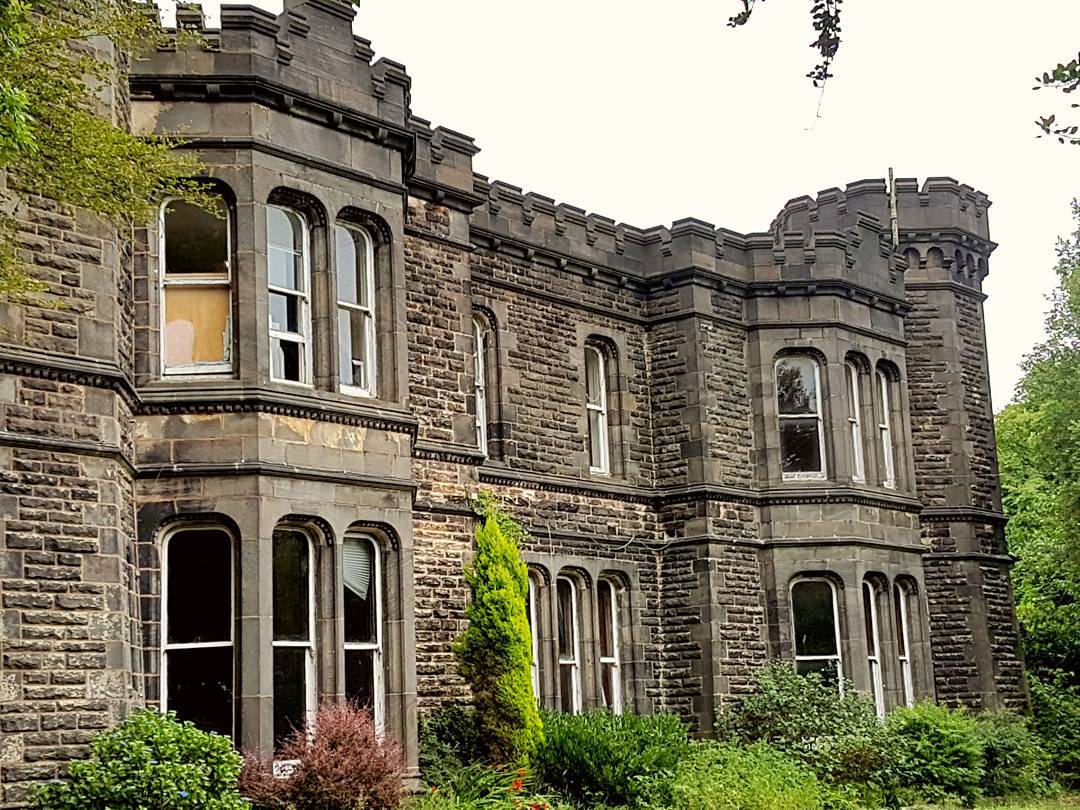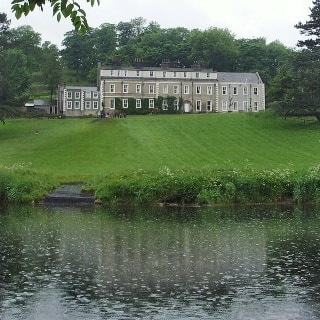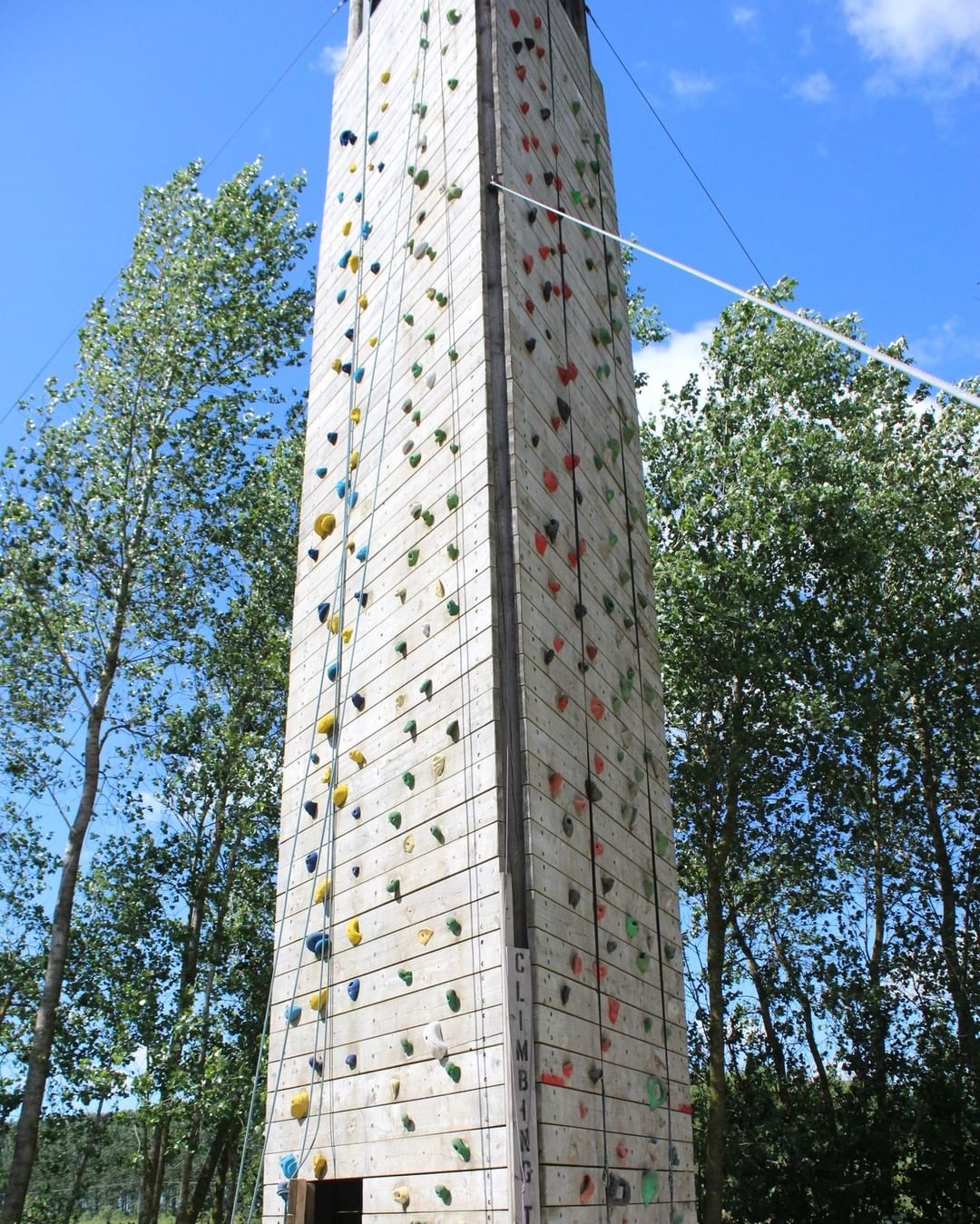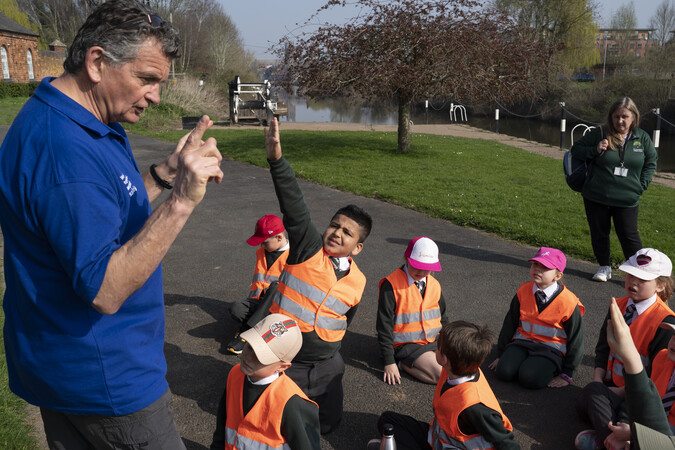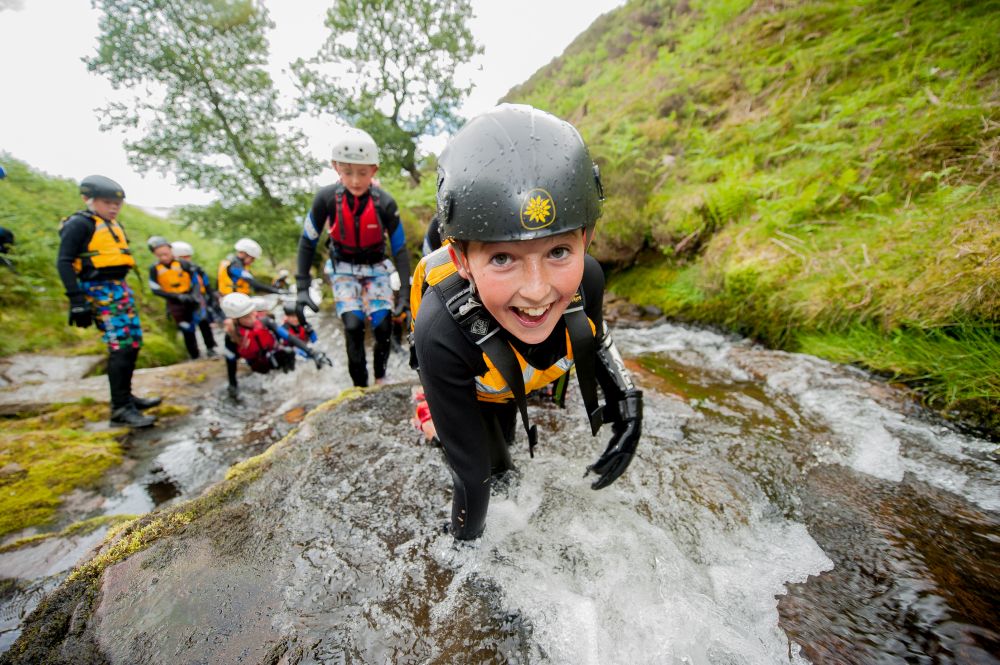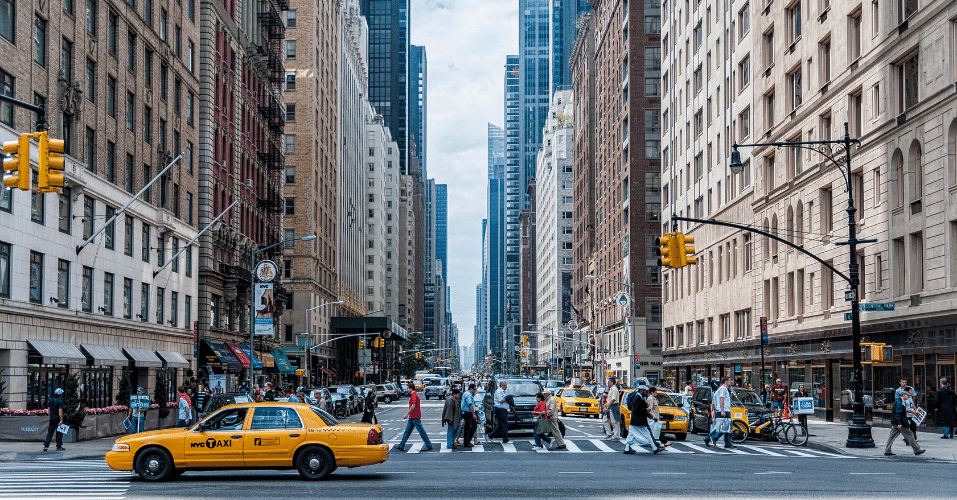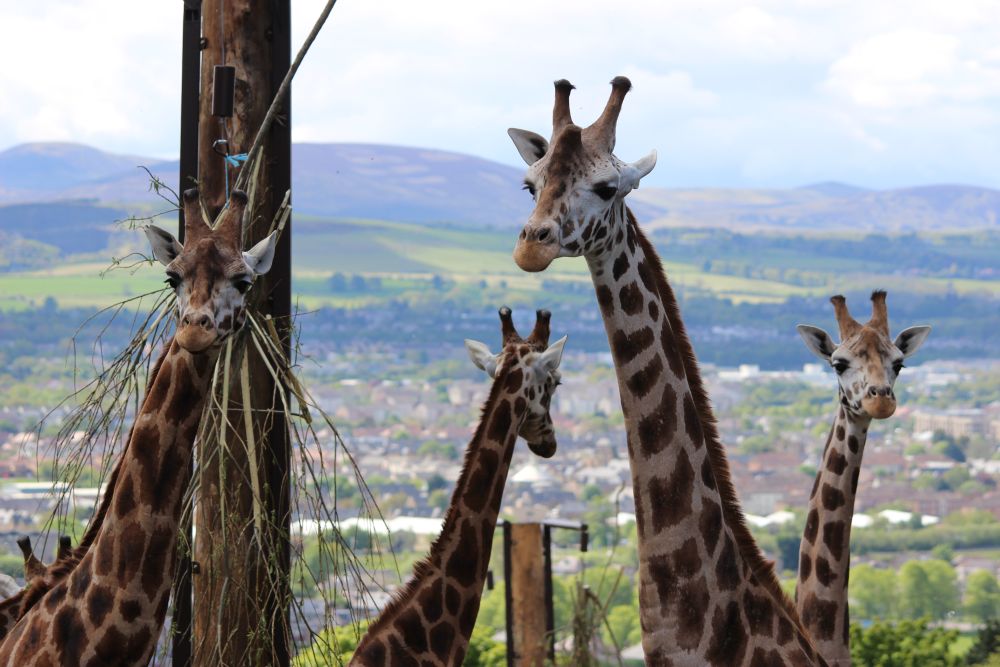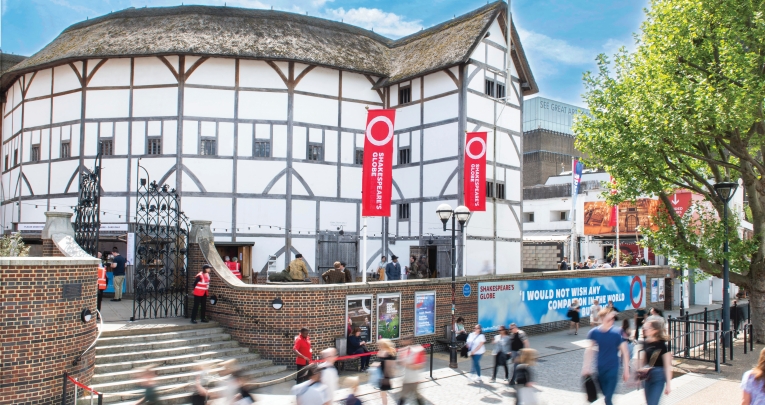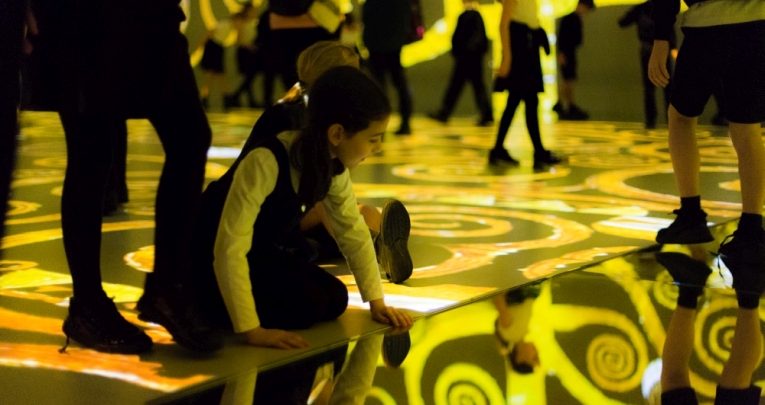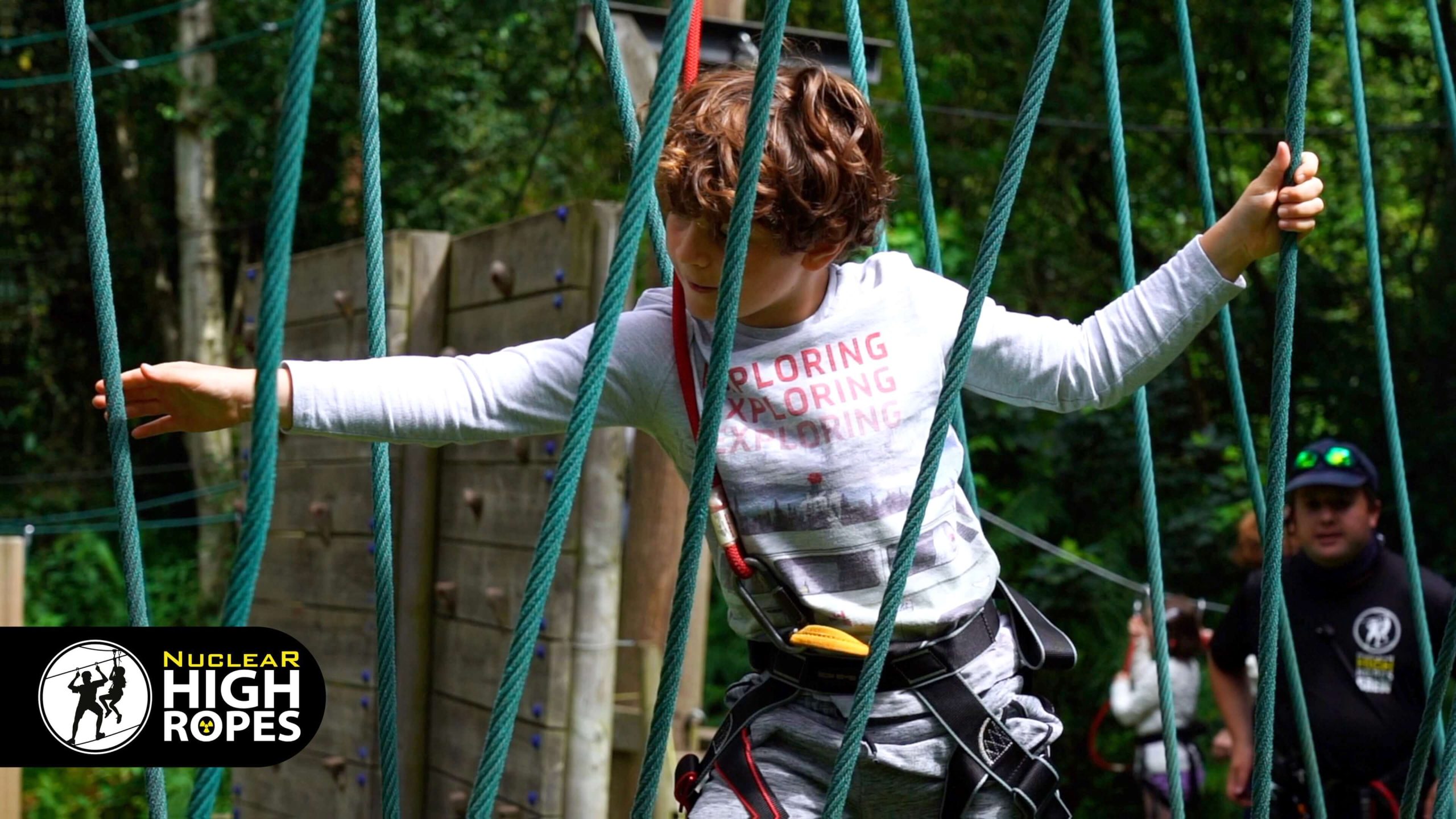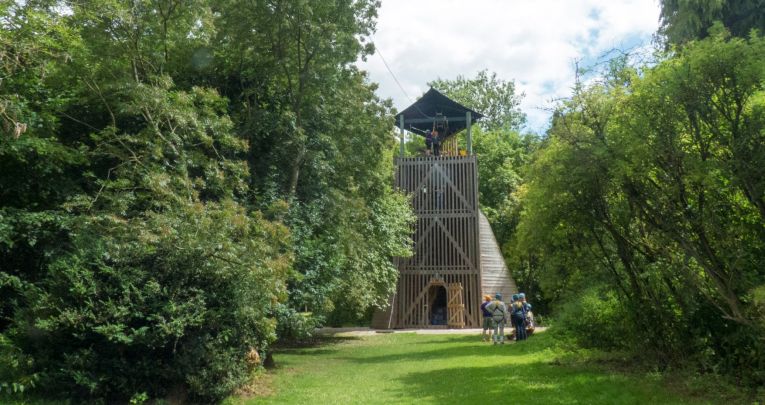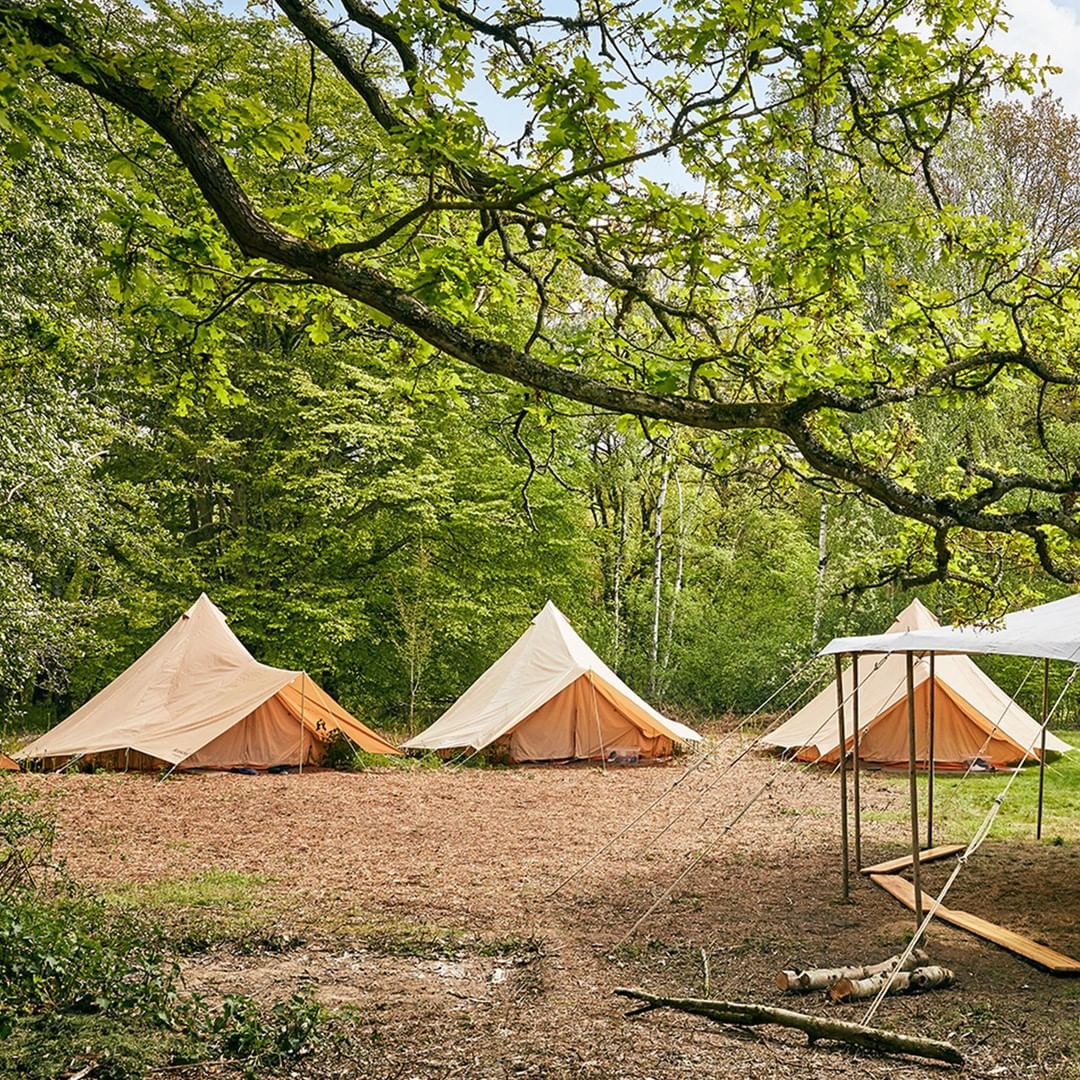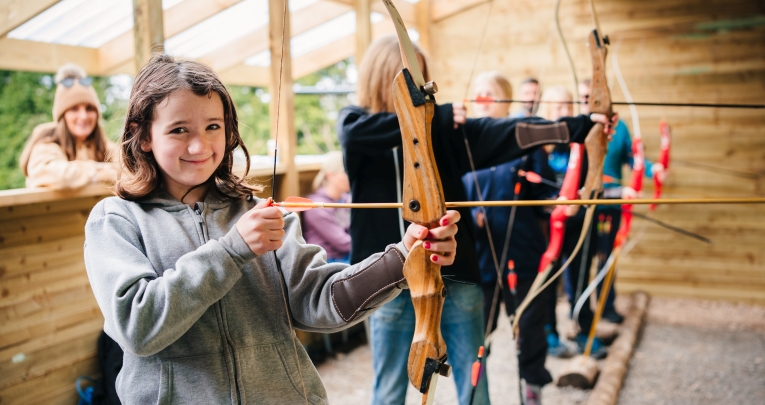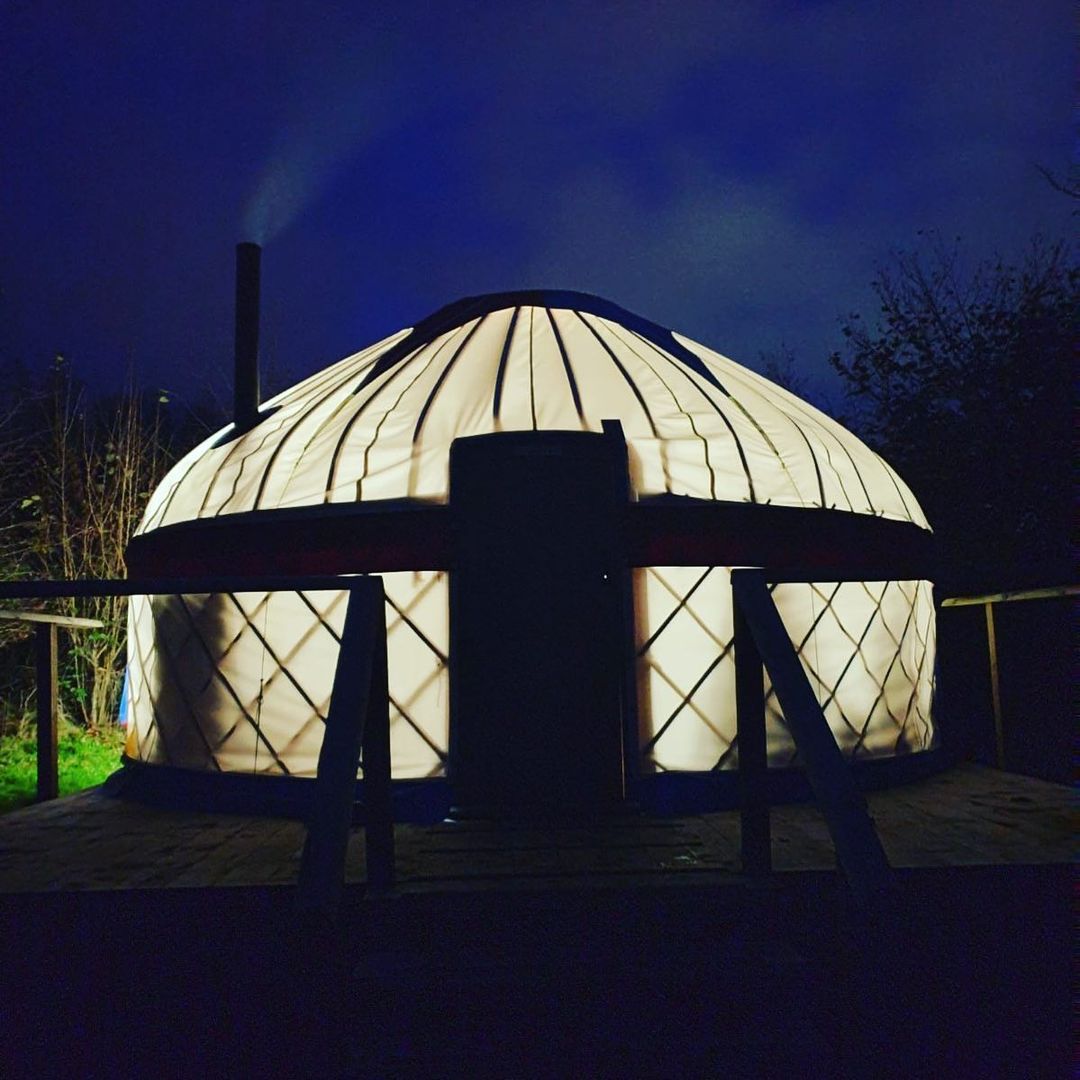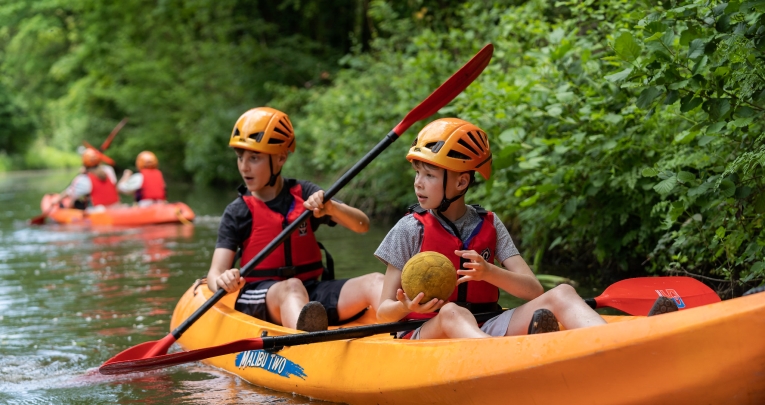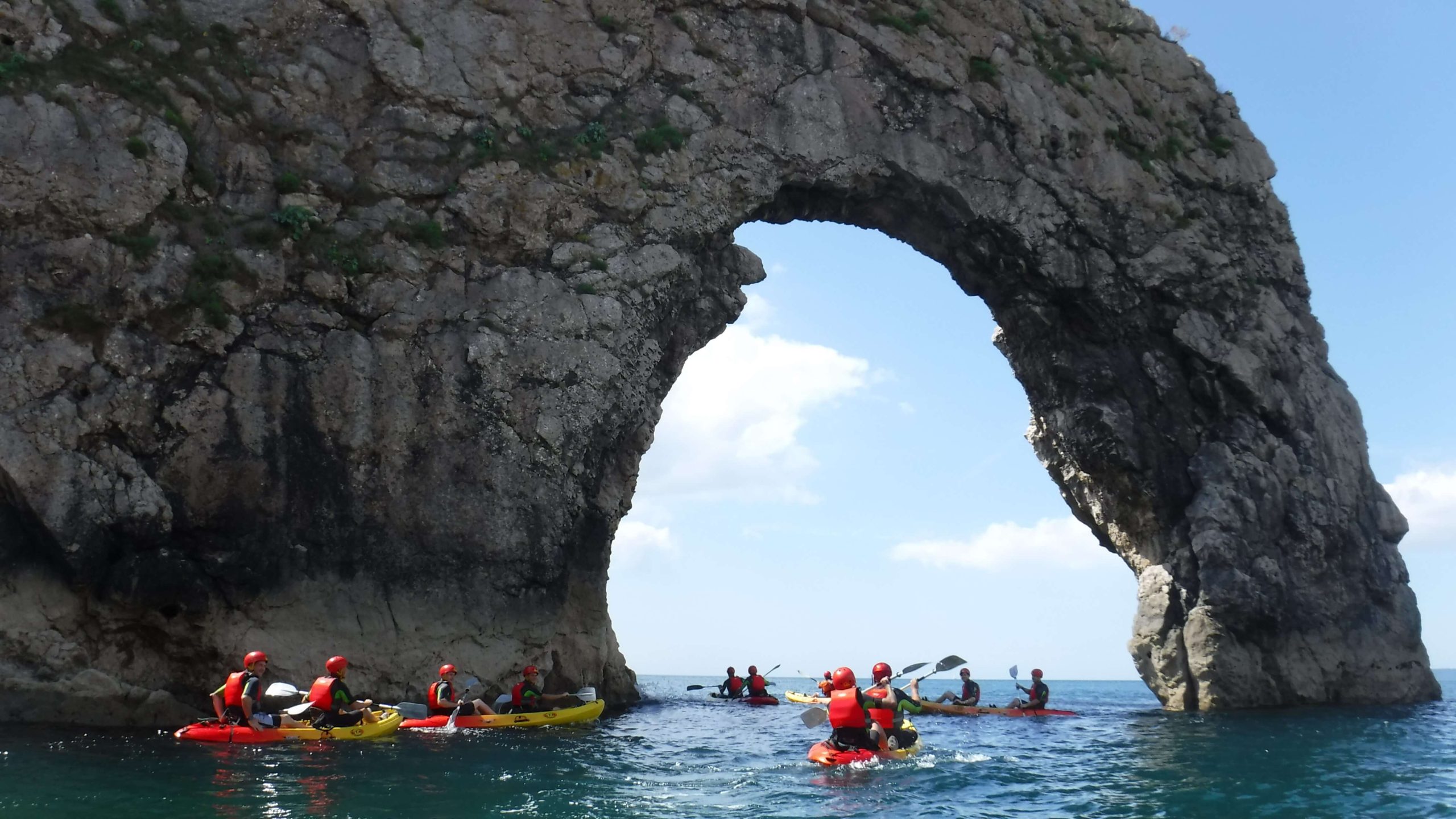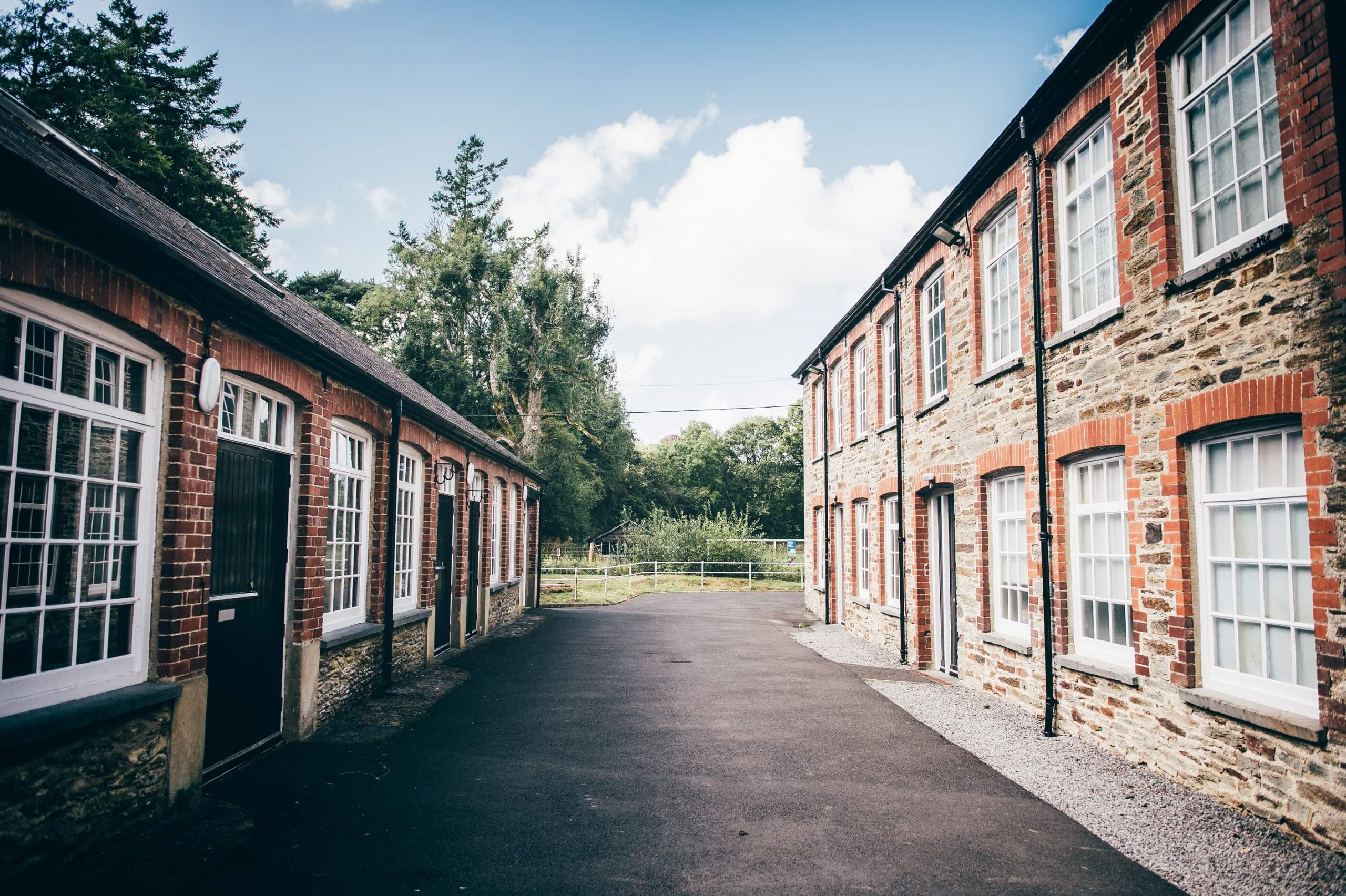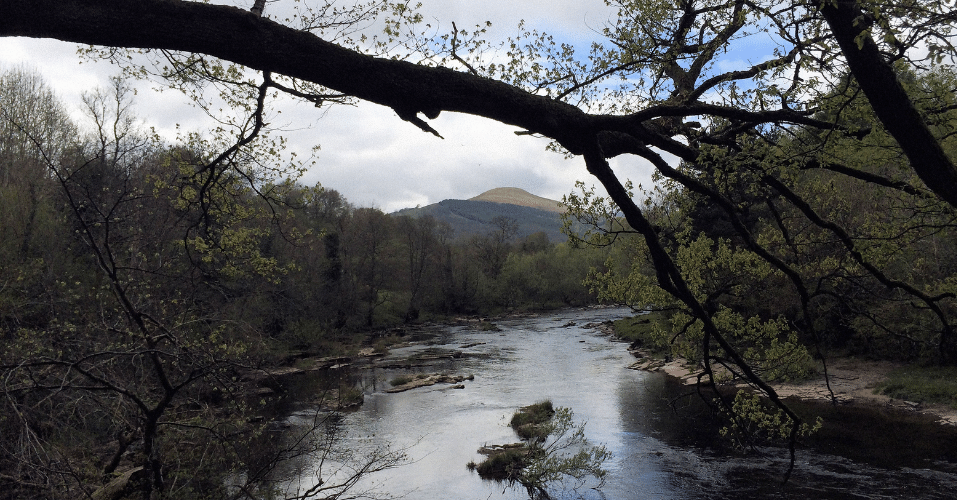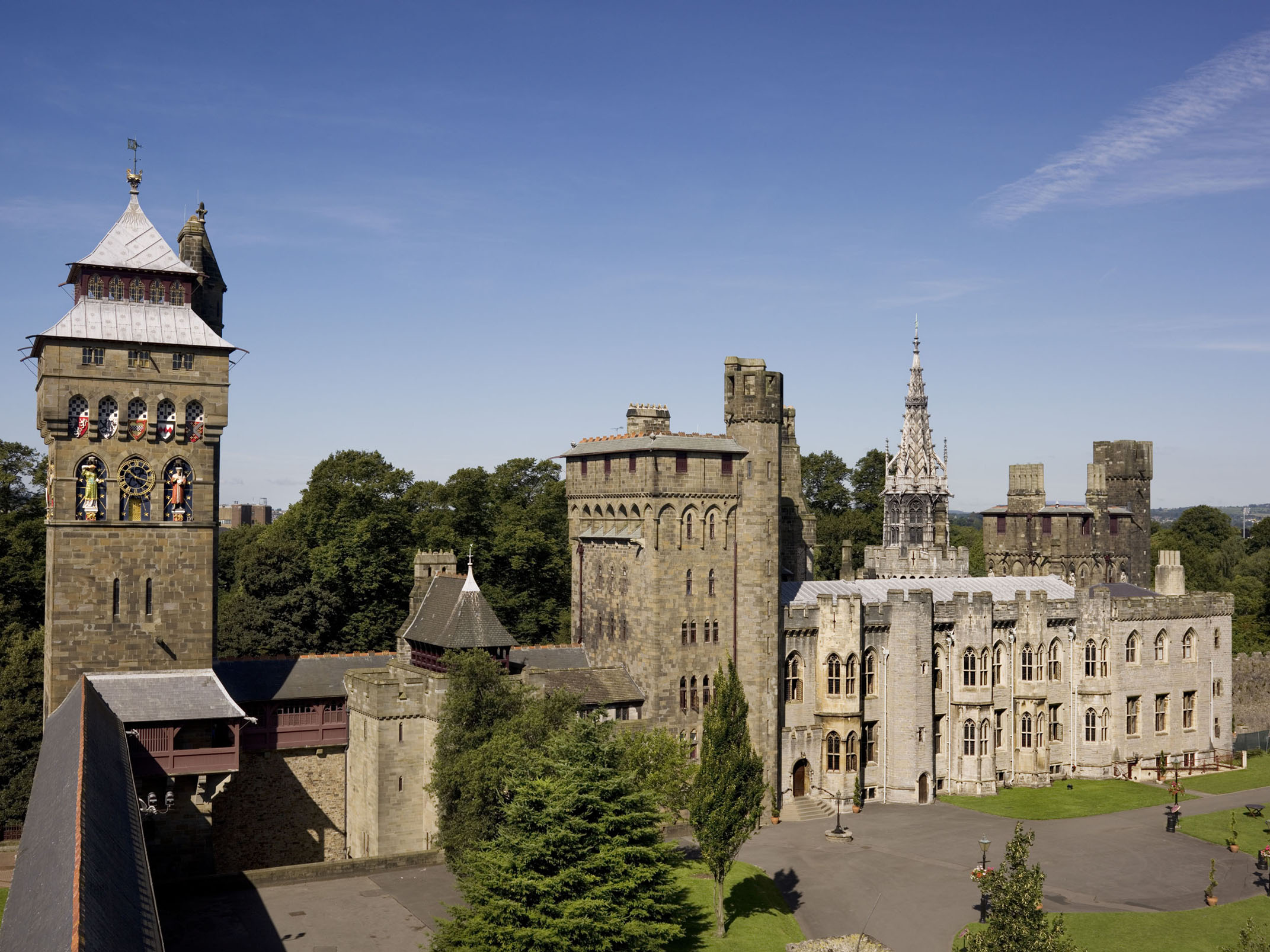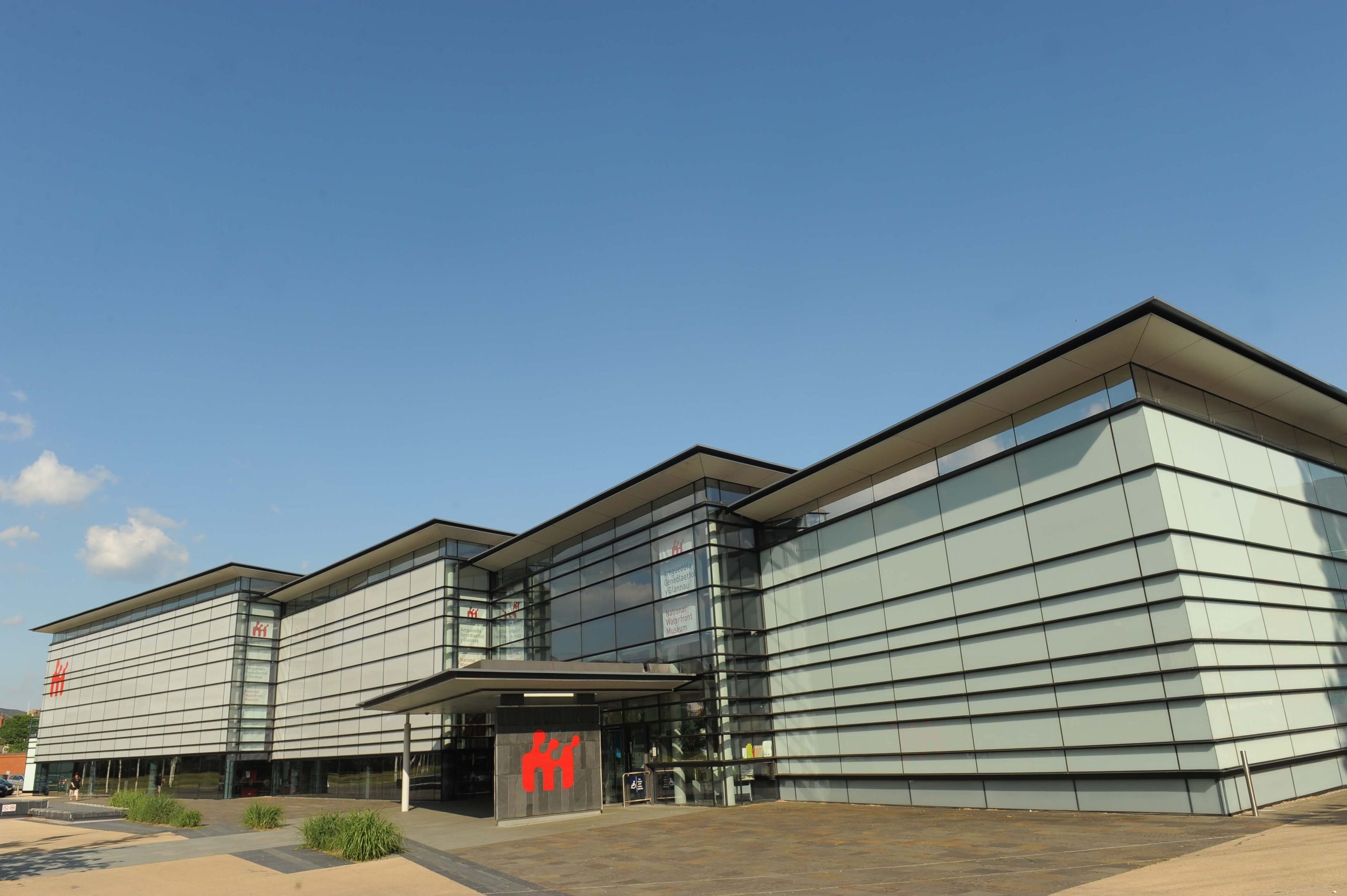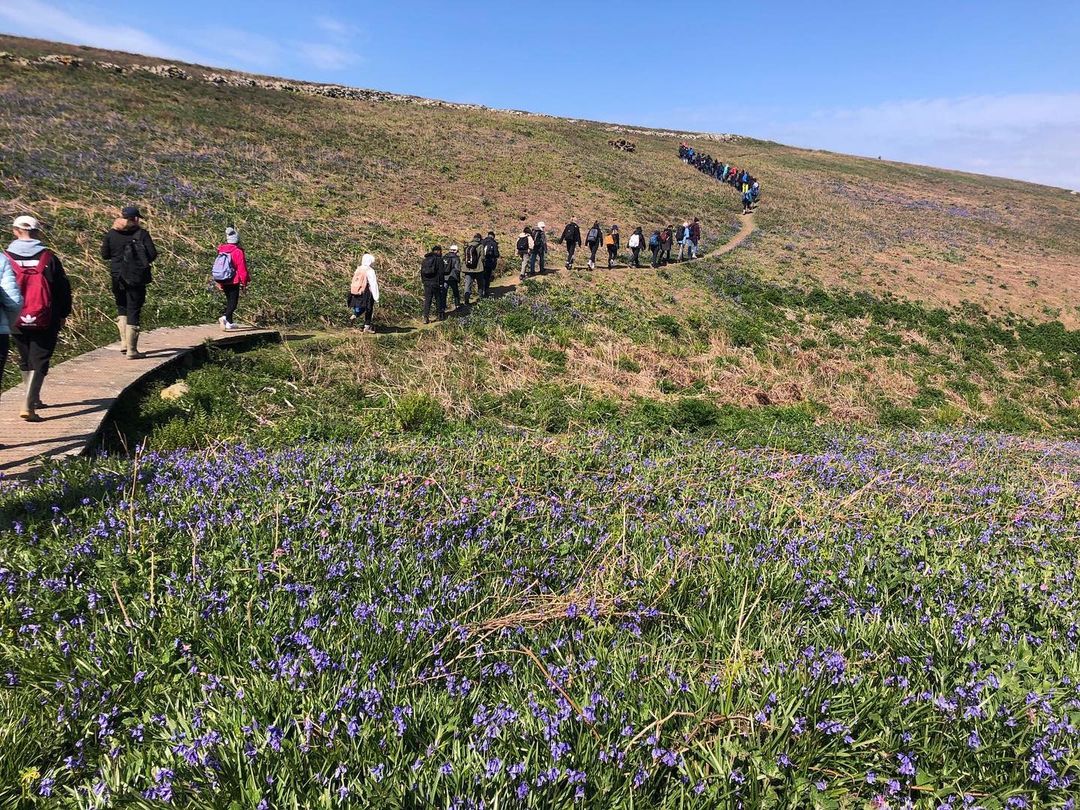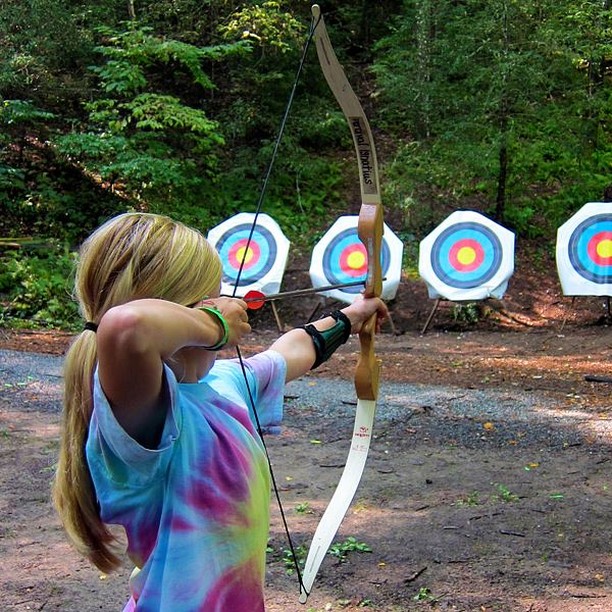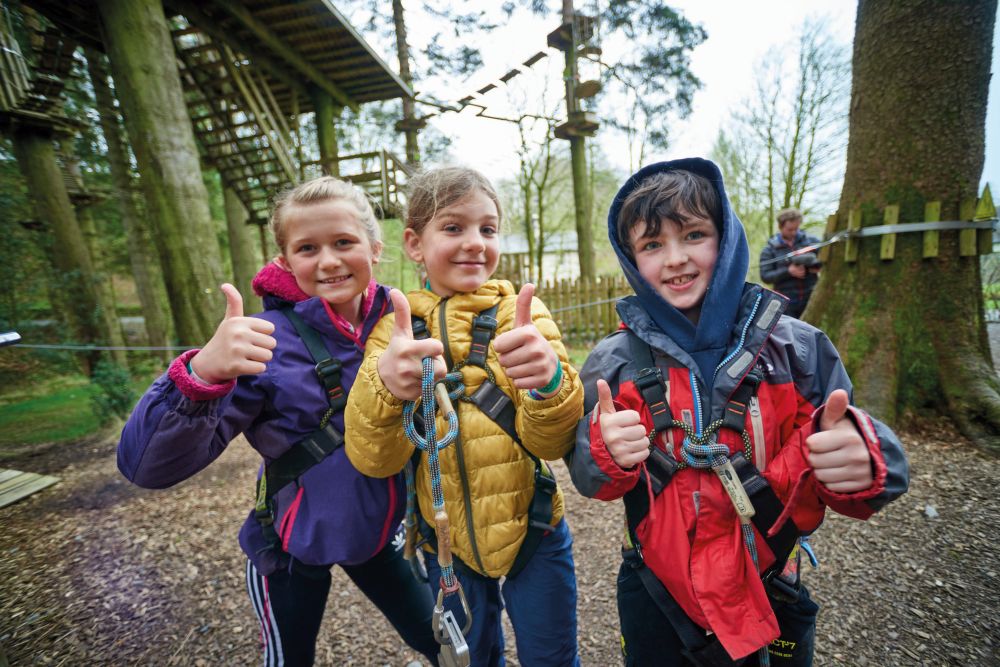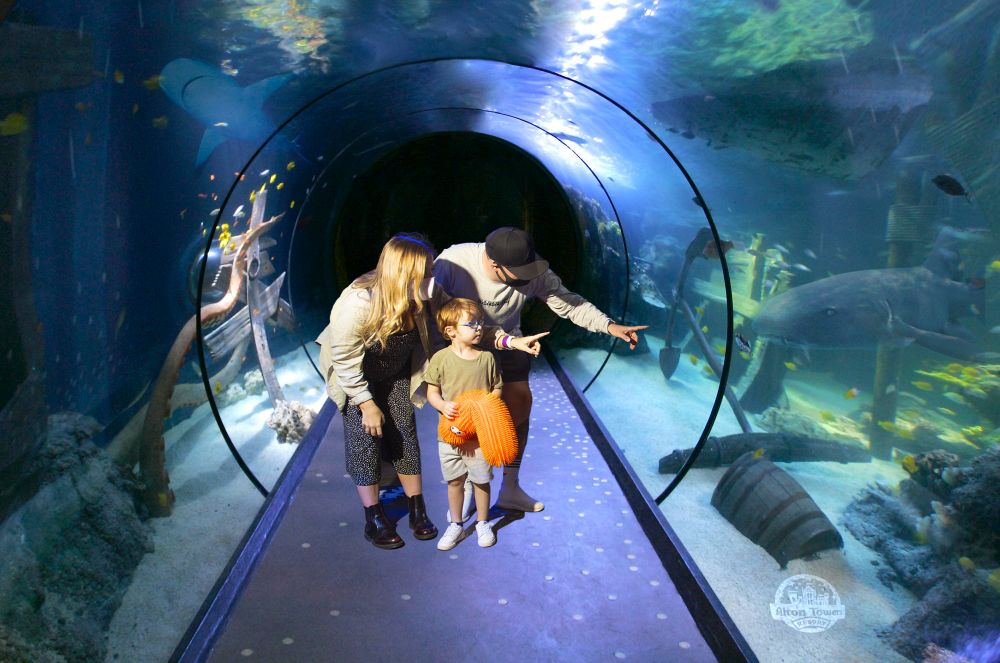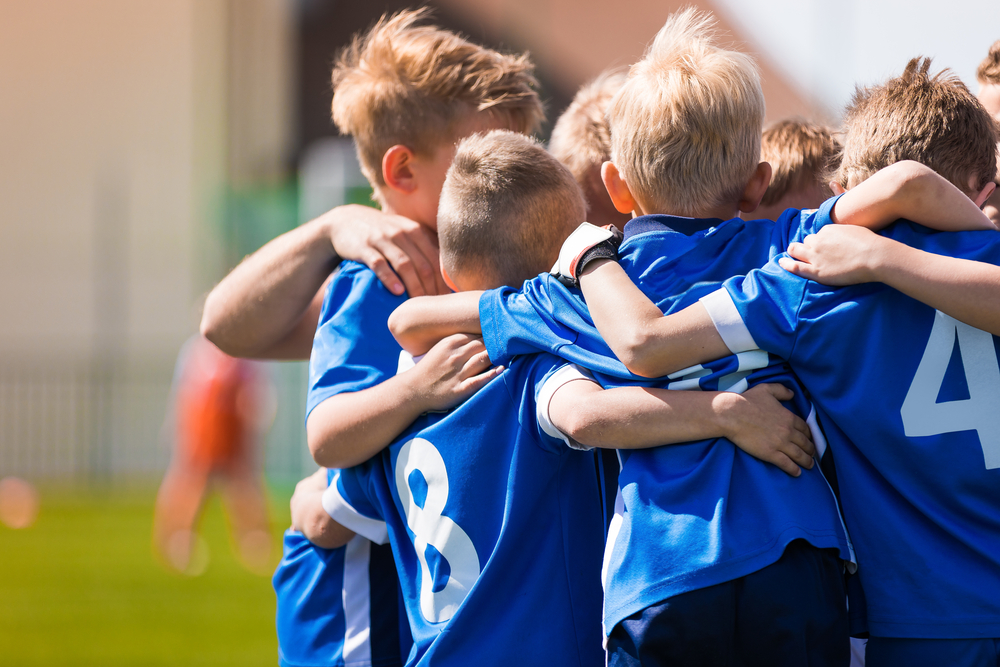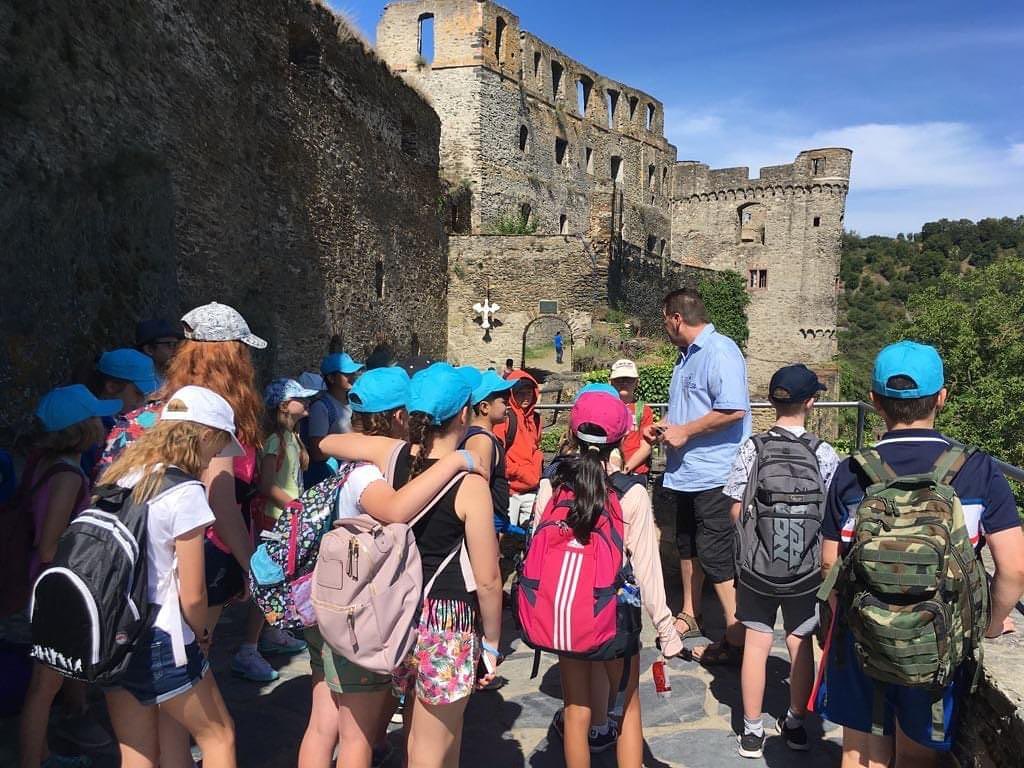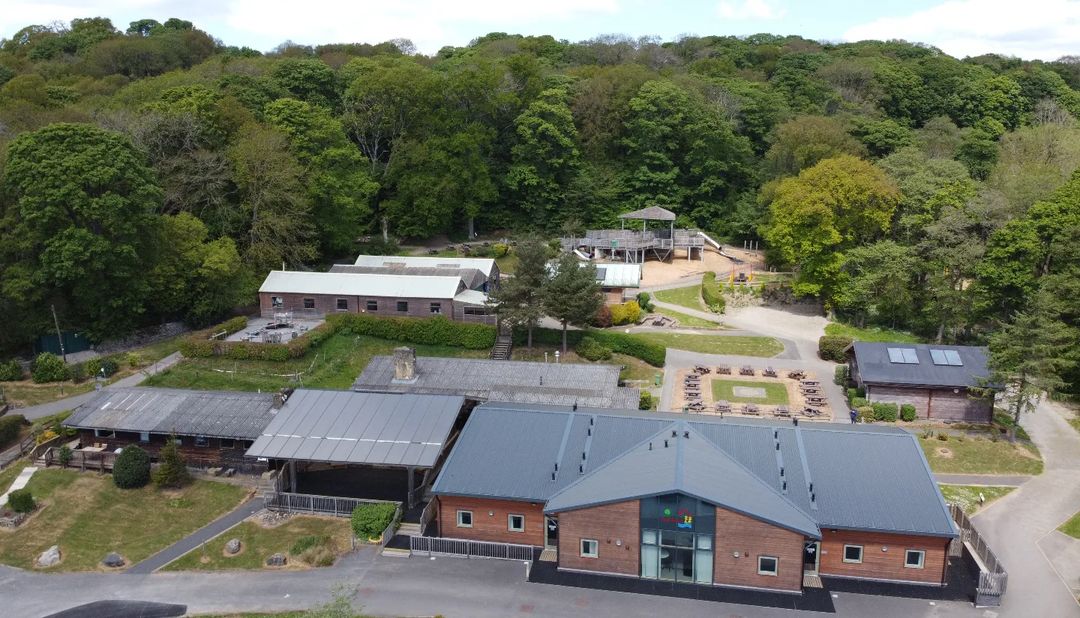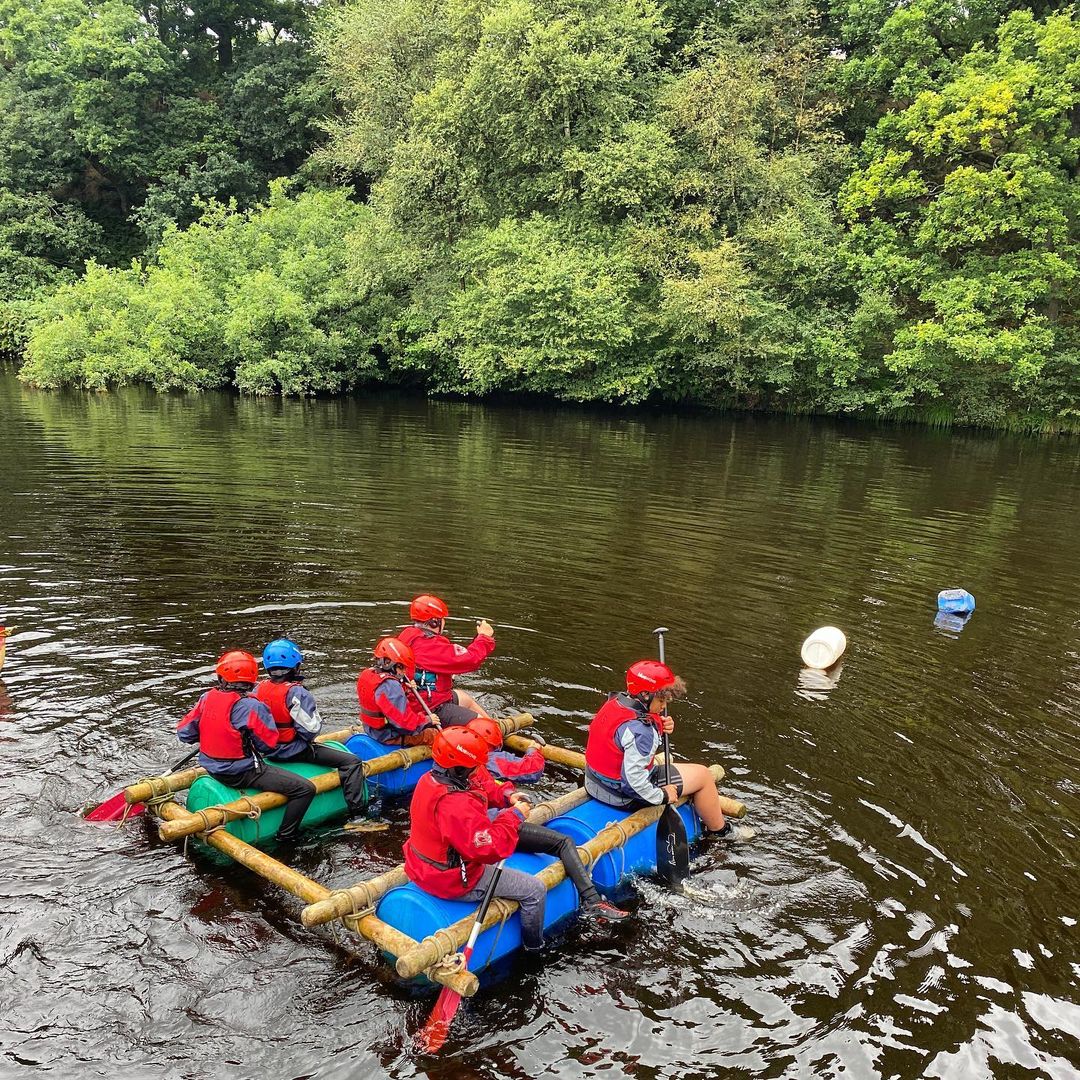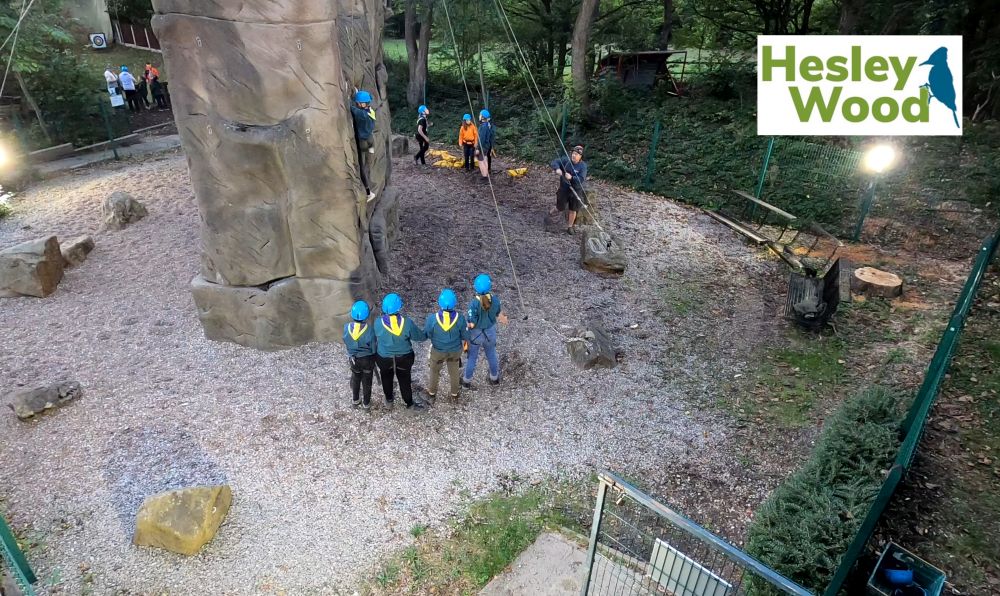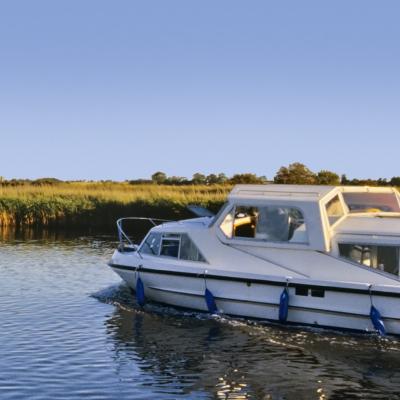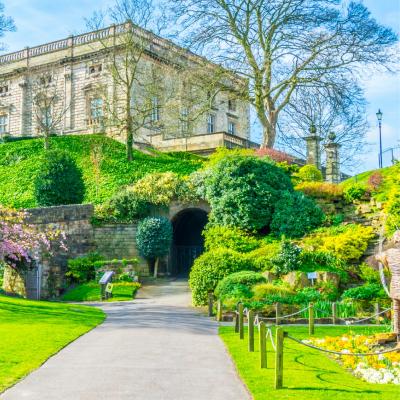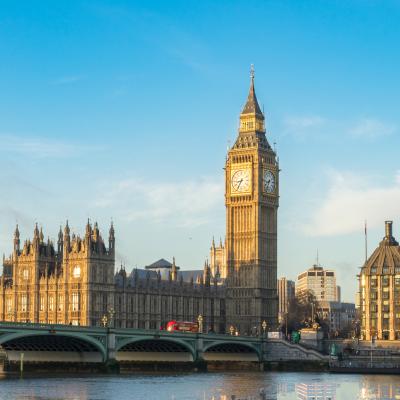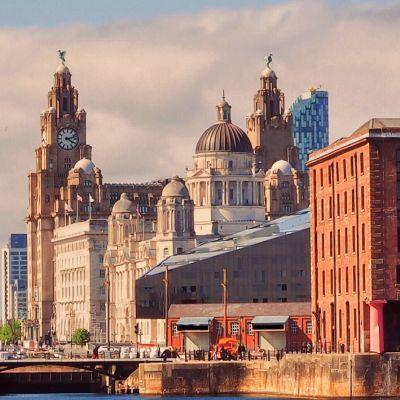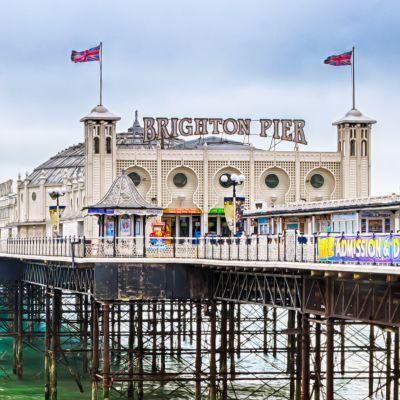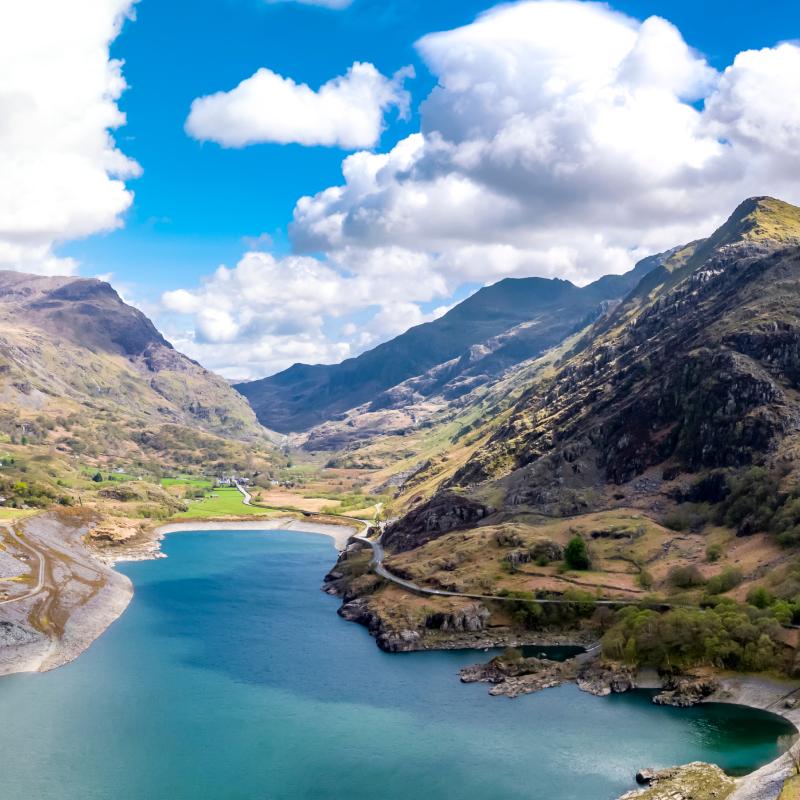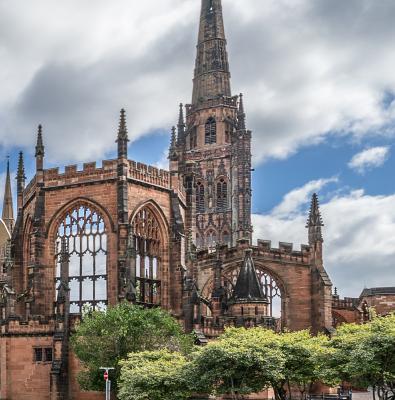National Holocaust Centre and Museum
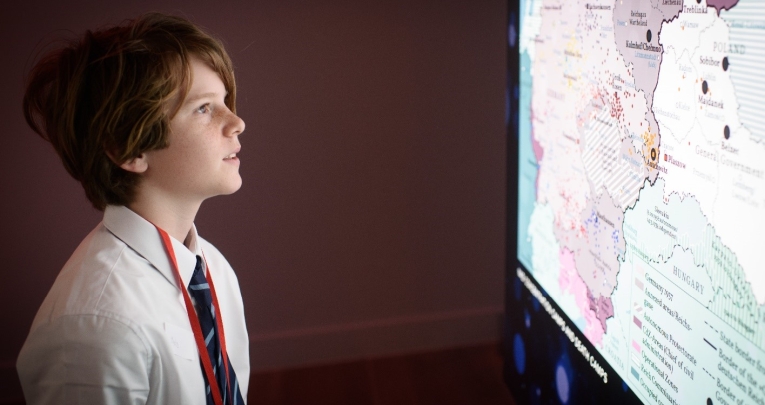
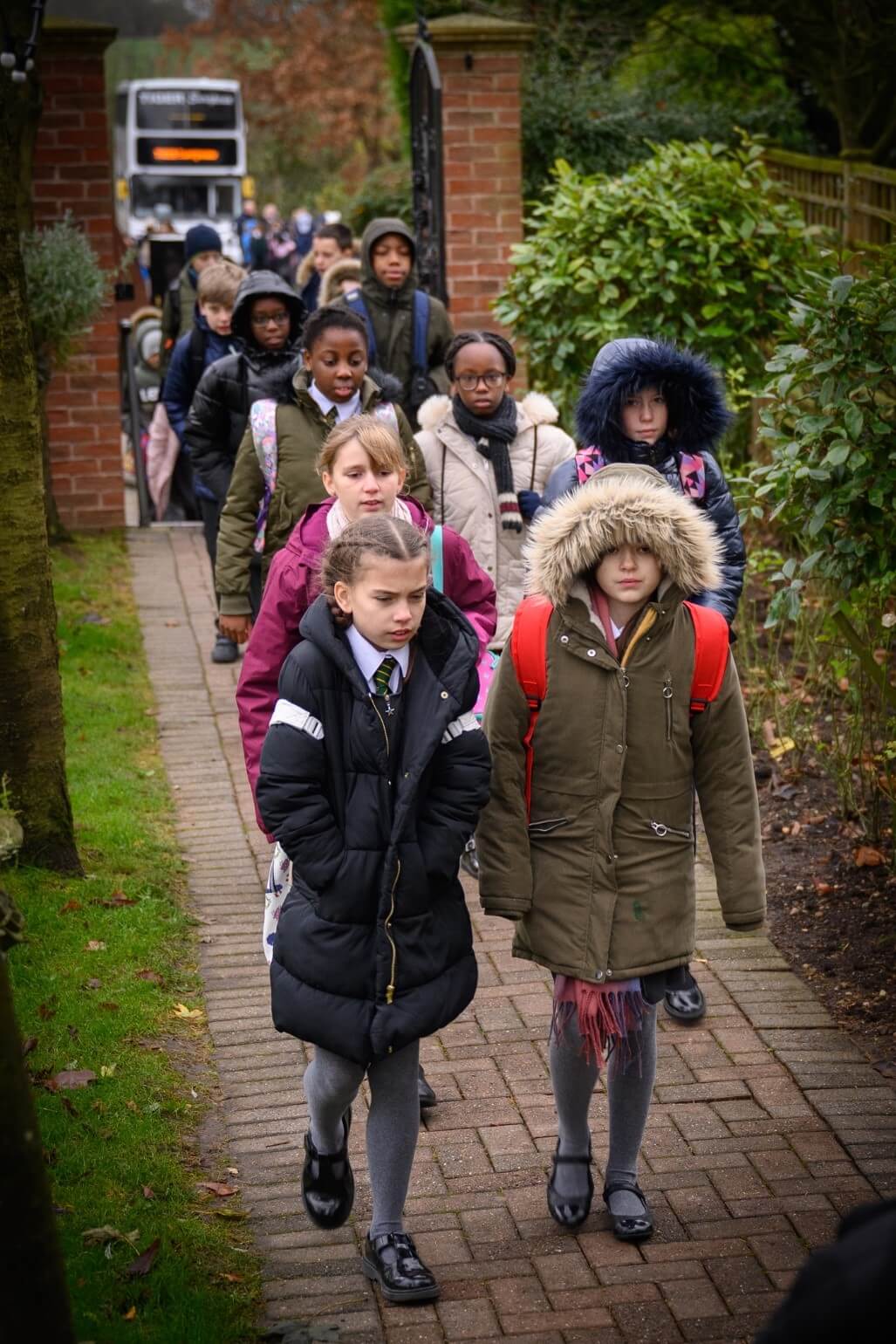
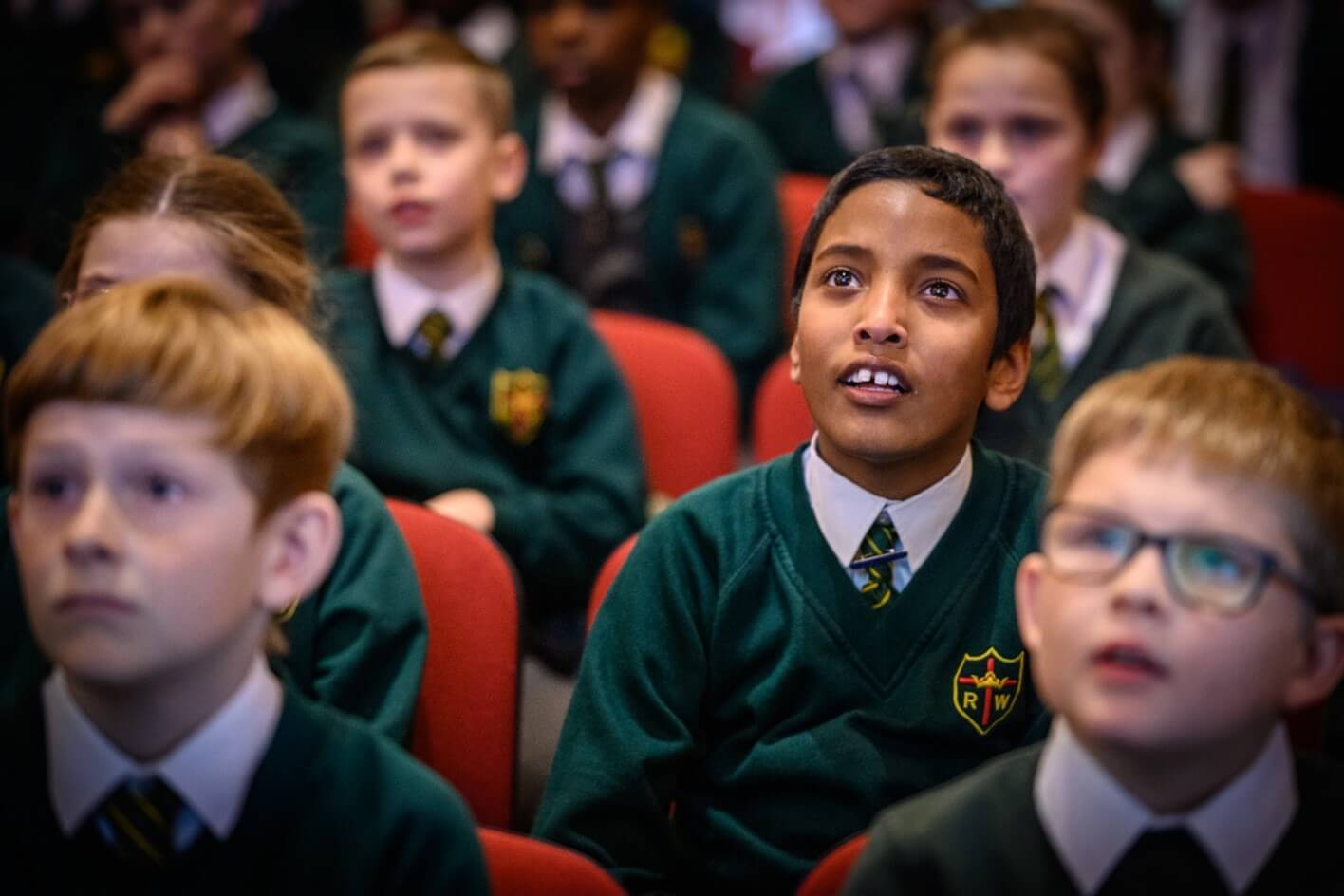
Photos of National Holocaust Centre and Museum
What will students see and do?
At the National Holocaust Centre and Museum, primary school pupils can step back in time to Nazi Germany.
They will explore the life of Leo, a young German Jewish boy growing up in 1930s Berlin, by visiting the Nottinghamshire-based museum’s exhibition The Journey.
Everything changes for Leo under Nazi rule. Eventually, his family makes the brave choice to send him to safety in the UK, as a child refugee on the Kindertransport.
Leo’s story raises big questions. What is it like to be seen as ‘different’? What courage does it take to stand up for our friends against bullying?
Taking this journey into one of the most dramatic periods of world history will help pupils think about identity, friendship and kindness in their own lives today.
For secondary and post-16 students, the National Holocaust Centre and Museum ask big questions such as, why does hatred persist? How should we treat others? How do we think for ourselves?
In a world of online hate and conspiracy theories, now more than ever we need to learn the lessons of the Holocaust. Students visiting the Holocaust Exhibition will think critically about individual and societal responsibility as well as why the Holocaust happened.
All of the museum’s programmes, both for primary and secondary schools, enable students to learn from Holocaust survivors, access museum artefacts and objects, and take part in educator-led workshops from a team of former teachers. The workshops are age-appropriate and delivered sensitively and challengingly.
Email bookings@holocaust.org.uk to tell the museum’s team about your needs. If you can’t visit in person, then don’t worry as the outreach education team can visit any school in the country!
How does the trip link to the curriculum?
The museum’s learning programmes are undertaken by 40,000 students a year, from Year 5 to KS5.
Teachers choose the programmes because they link to the history, R.E., English, PSHE and citizenship curriculums. Additionally, many schools choose them because of the Ofsted requirements for enrichment and opportunity and because of the British values learning that their programmes emphasise.
In an age-appropriate and sensitive way, they deliver cutting-edge learning workshops that ask students to understand why the Holocaust happened so that they can be better citizens today.
Students engage with historical sources, consider different interpretations and literature of the past, and reflect on their responsibility today as well as the collective responses of society in the past and today to issues such as discrimination, persecution and refugees.
They also offer additional GCSE workshops for secondary schools, including an English language experience, in which students practise question four in Paper 2 of the AQA English language specification, and a History workshop that enables students to practise a ‘How far do you agree?’-style question, as well as evaluate historical sources for their usefulness.
Lastly, a religious studies workshop sees students investigate the problem of evil within a Holocaust context and examine Jewish responses.
Subjects covered
Teaching resources provided
Visiting primary school teachers can access a series of six fully planned lessons to deliver in school in collaboration with their visit to the National Holocaust Centre and Museum. The lessons look at identity, 1930s German Jewish life, propaganda, the journey of a young German Jewish boy, and the Kindertransport.
After they have booked, all schools are sent recorded videos – one for teachers to watch, one for students with questions, and one for parents. These outline what students will learn and begin their thinking. The museum also provides recorded videos for reflecting afterwards.
In addition, the museum’s team offers training to teachers on how to teach the Holocaust, as well as regularly providing free resources for use when commemorating Holocaust Memorial Day every year in January.
Please visit holocaust.org.uk to stay up to date with their latest resources, including video learning.
Minimum and maximum group size
For on-site visits, a minimum fee applies for groups of less than 18. The maximum group size is 180.
The outreach education team can deliver to larger numbers of students when visiting a school for the day.
Details of risk assessment
Full risk assessments for primary and secondary schools are available and will be shared with you before booking.
Don't miss our downloadable A-Z guide on completing a risk assessment

Facilities on-site
- The Journey exhibition
- Holocaust exhibition
- Memorial Hall
- Memorial Gardens
- Café
- Bookshop
- Classrooms and learning centre
Opening times
10:00–16:30 every day other than Saturday. School groups can arrive from 09:30.
Pricing
On-site learning programme: £9.50 per pupil with £1.50 per pupil for extras
Online learning programme: £200 per educator per half-day
In-school learning programme: £220 per educator per half day, £440 per educator per full day, plus expenses
Travel arrangements
The museum has space for multiple buses in its main car park.
The outreach education team travel to schools in their own cars or use public transport, and they do ask for expenses to be covered.
Address
Acre Edge Road
Laxton
Newark
Nottinghamshire
NG22 0PA
Book your school trip to National Holocaust Centre and Museum
For information on booking your school trip to this venue, click below.





